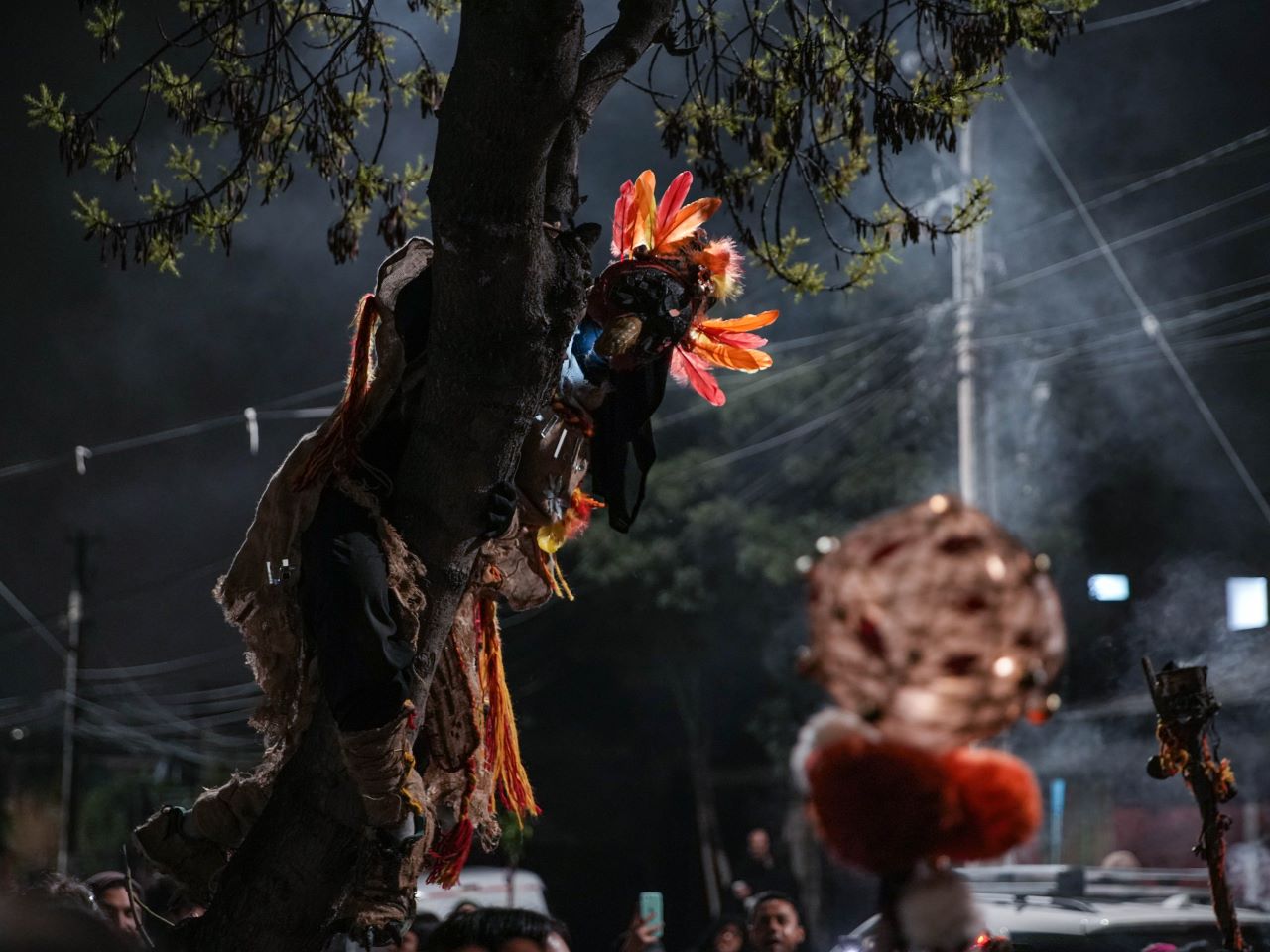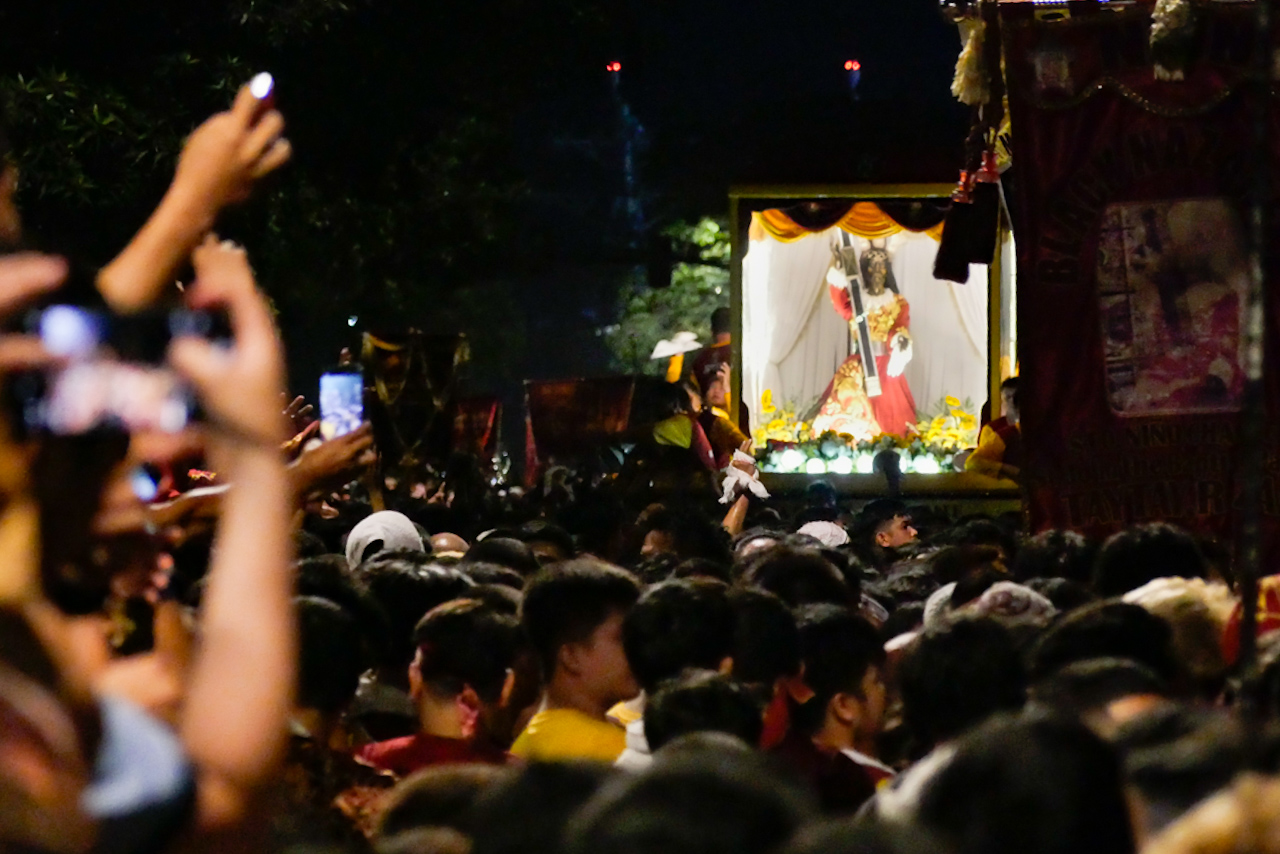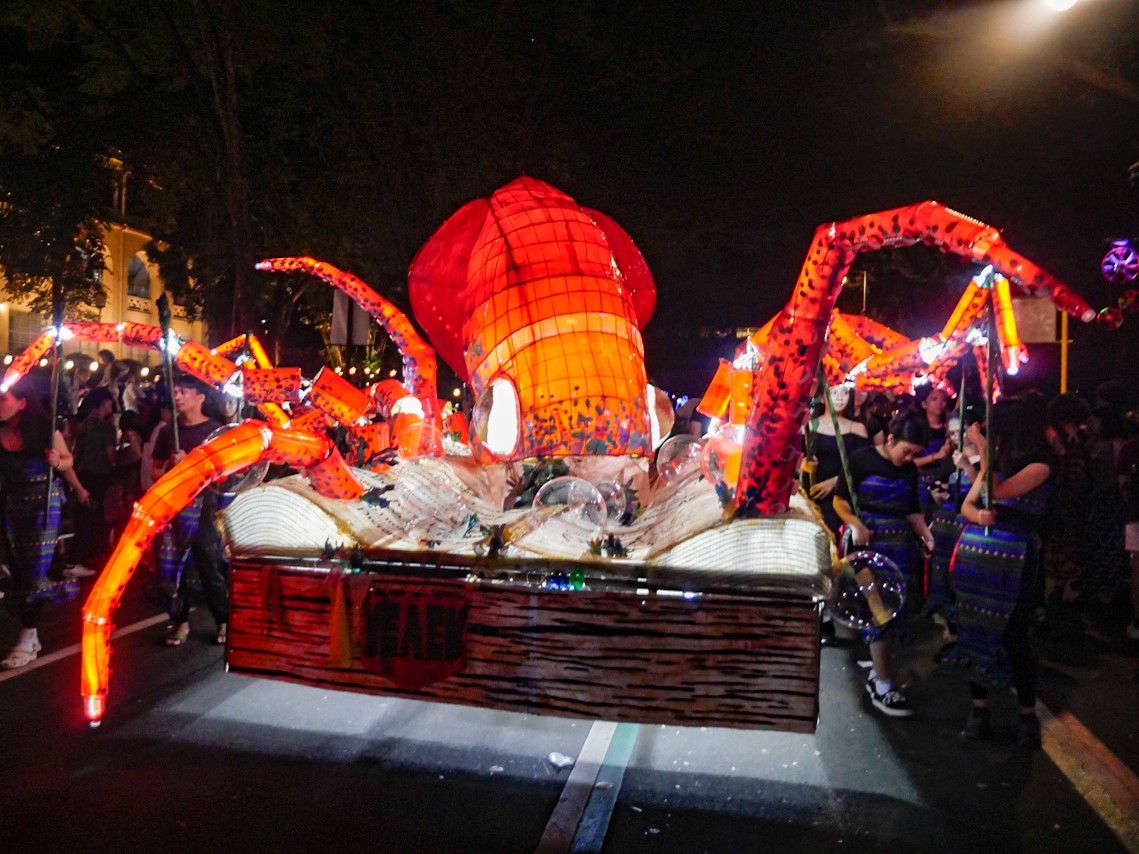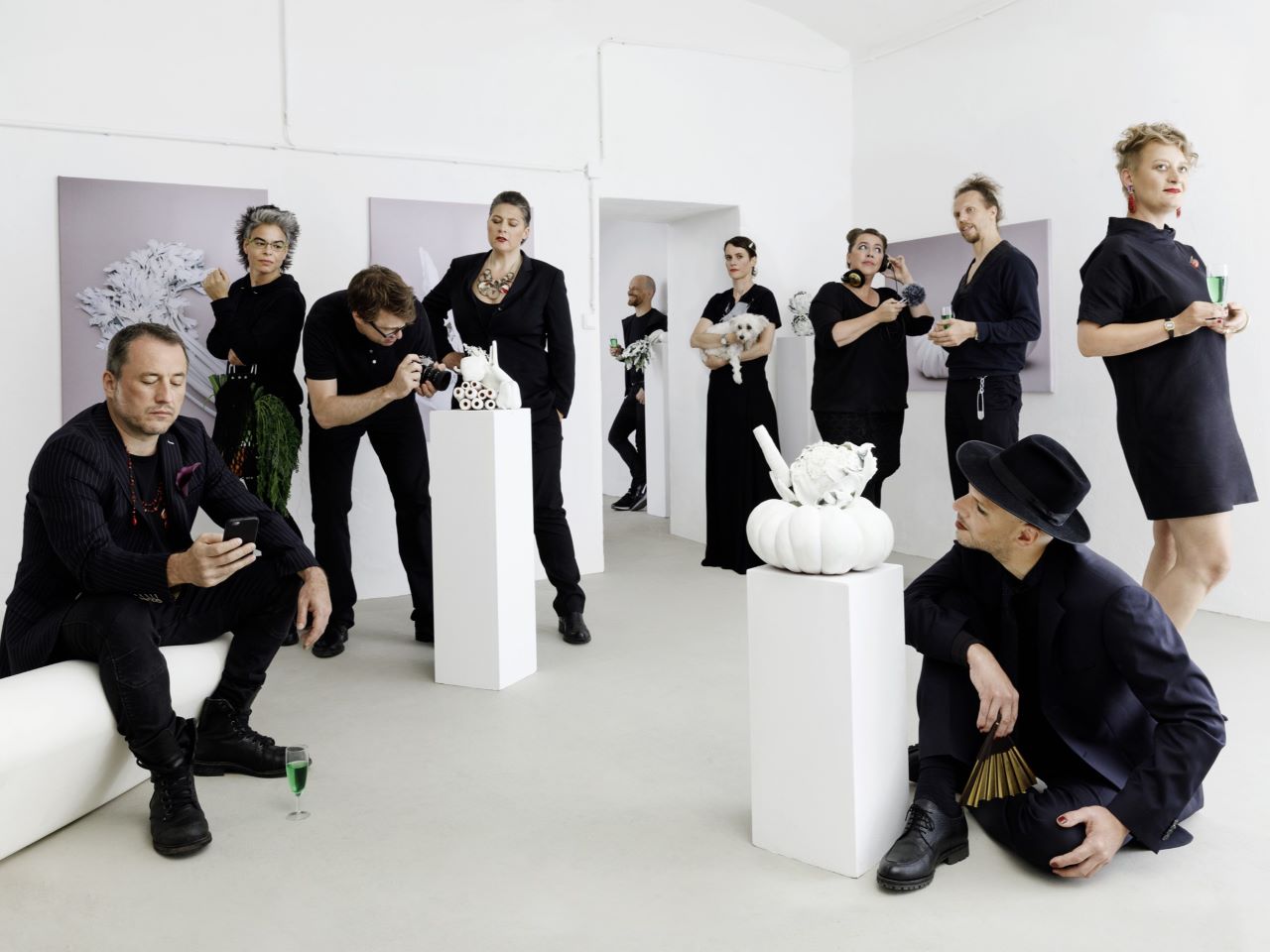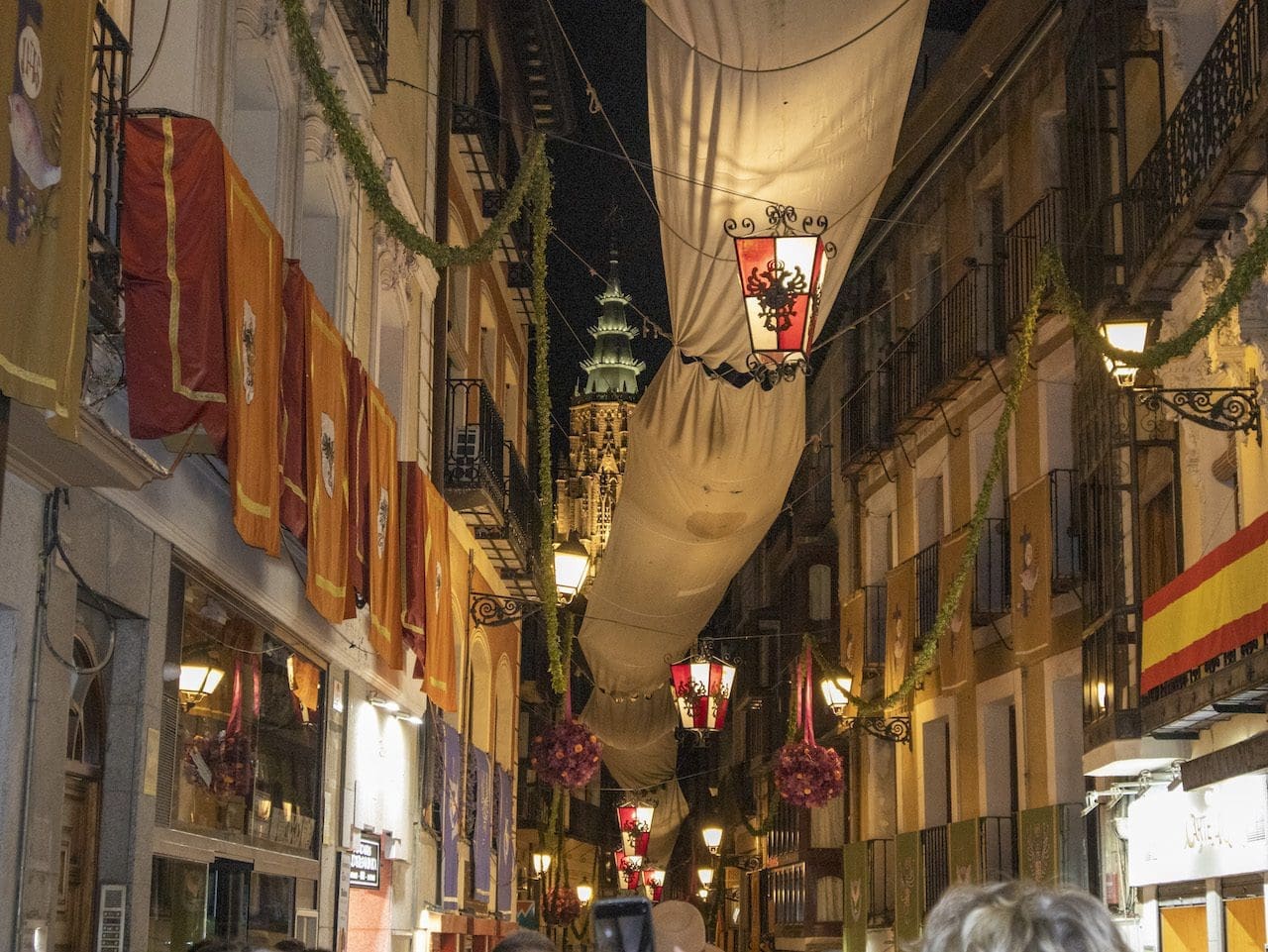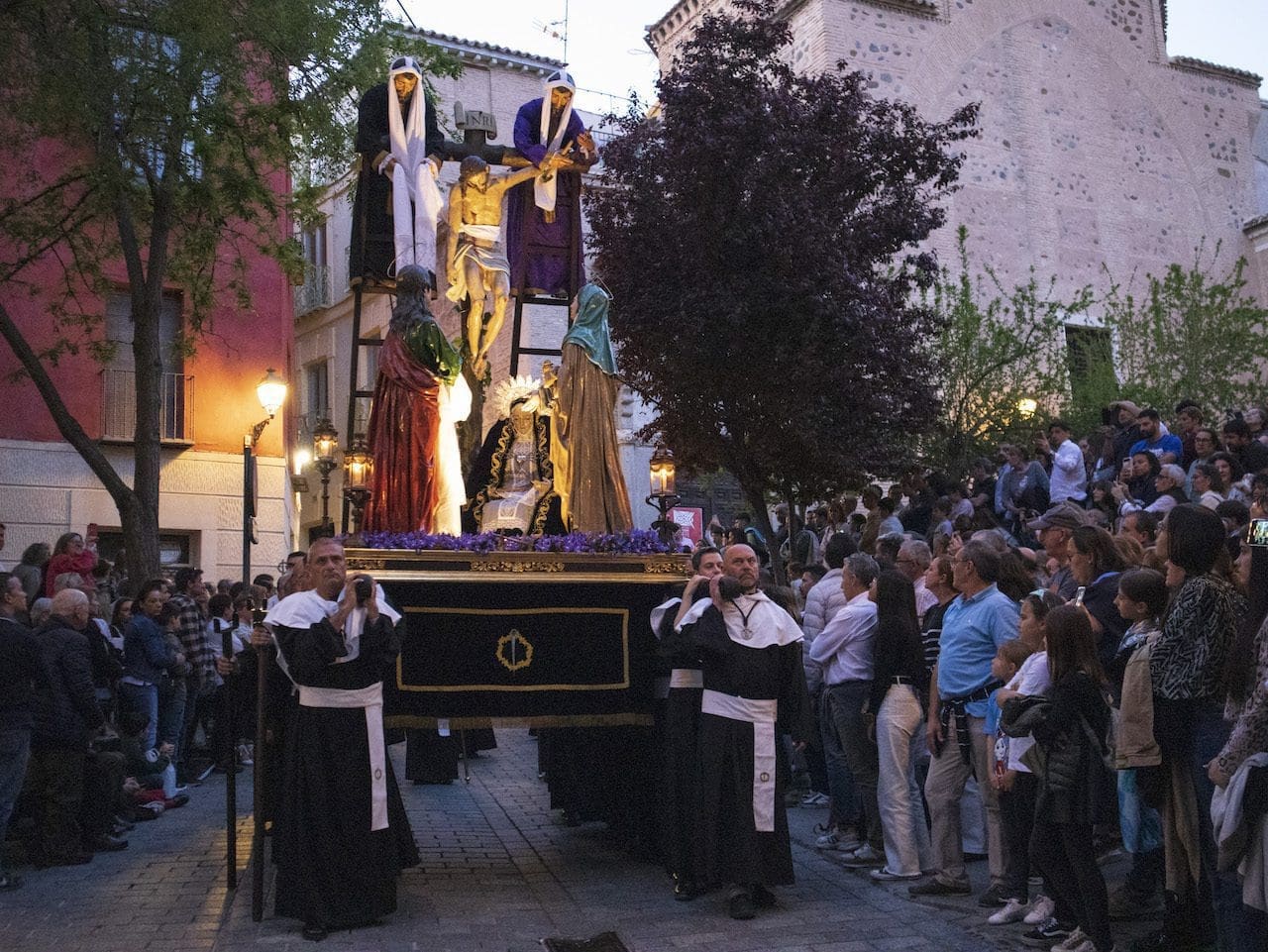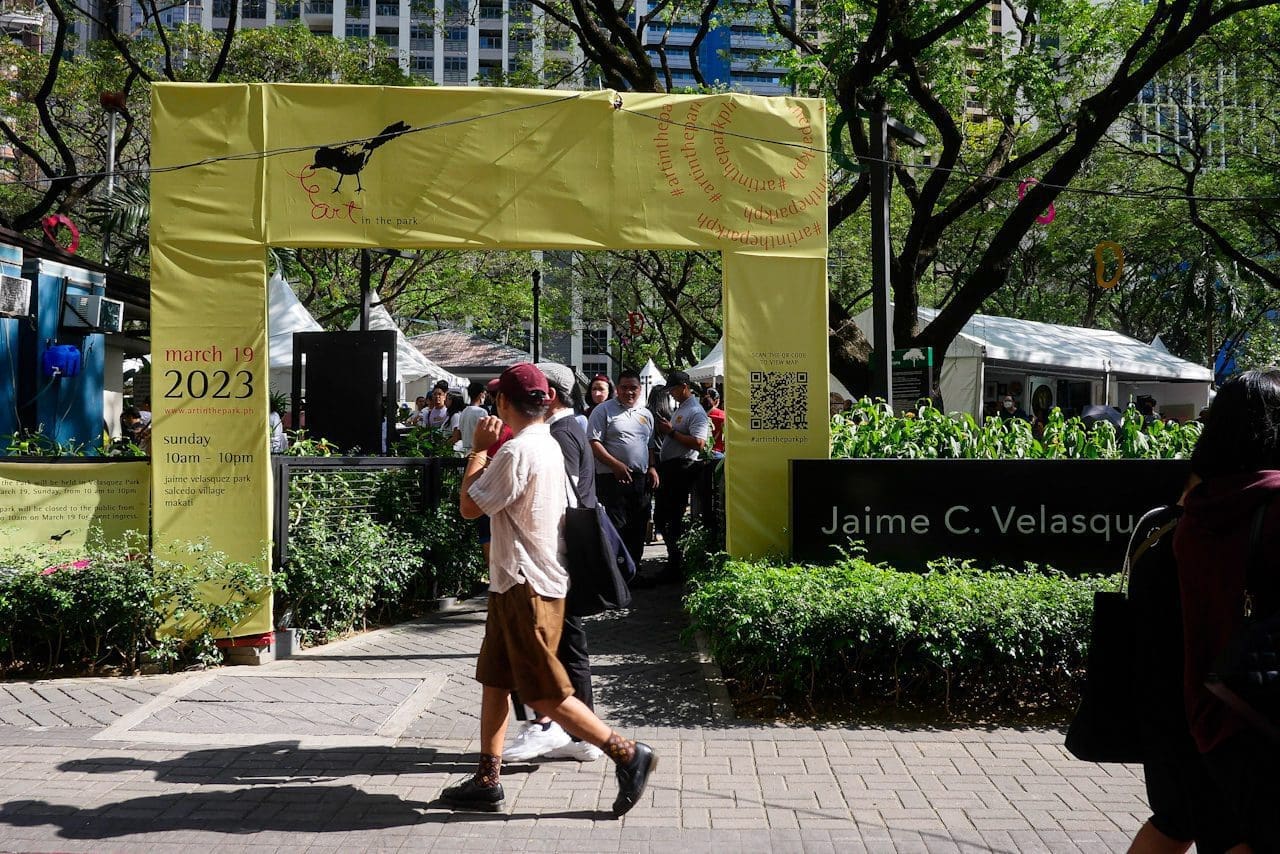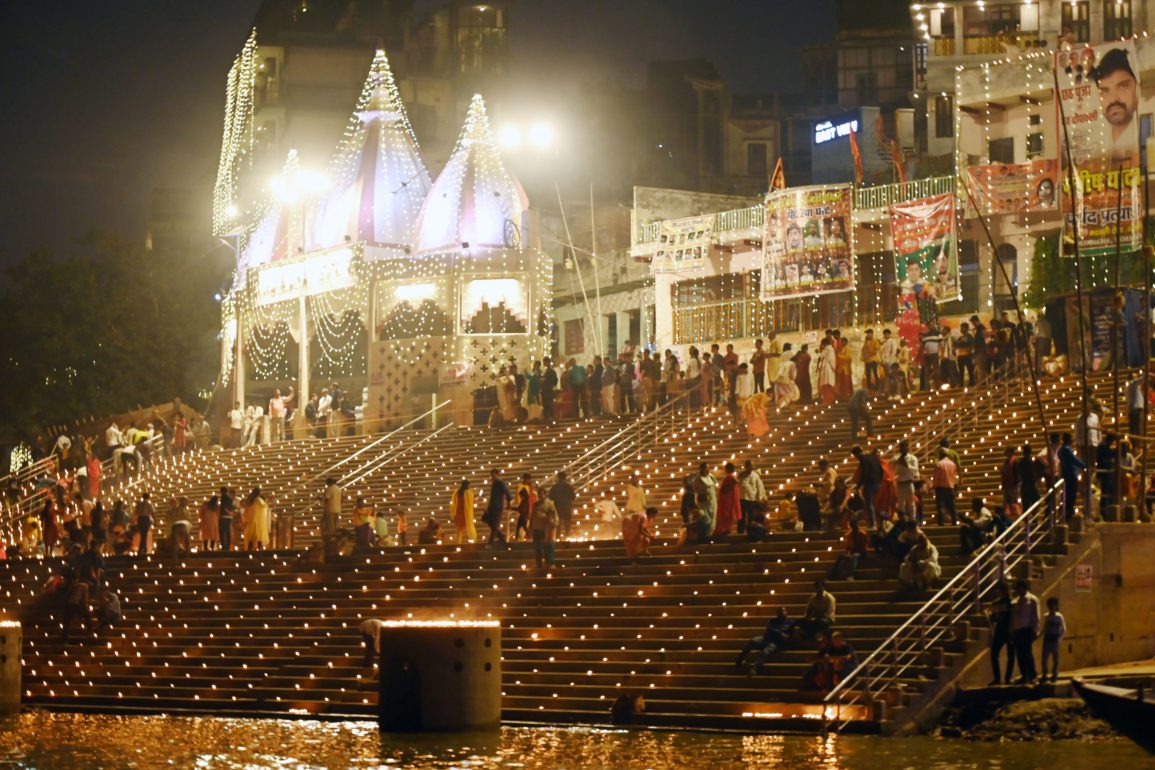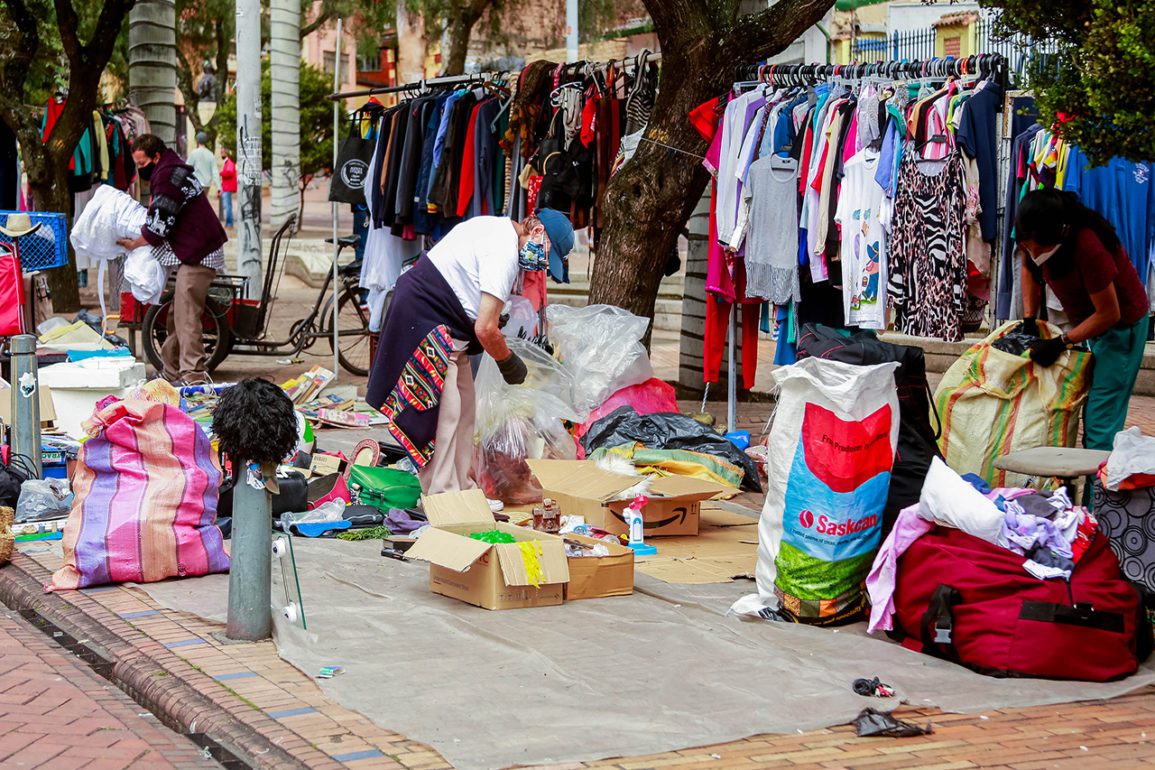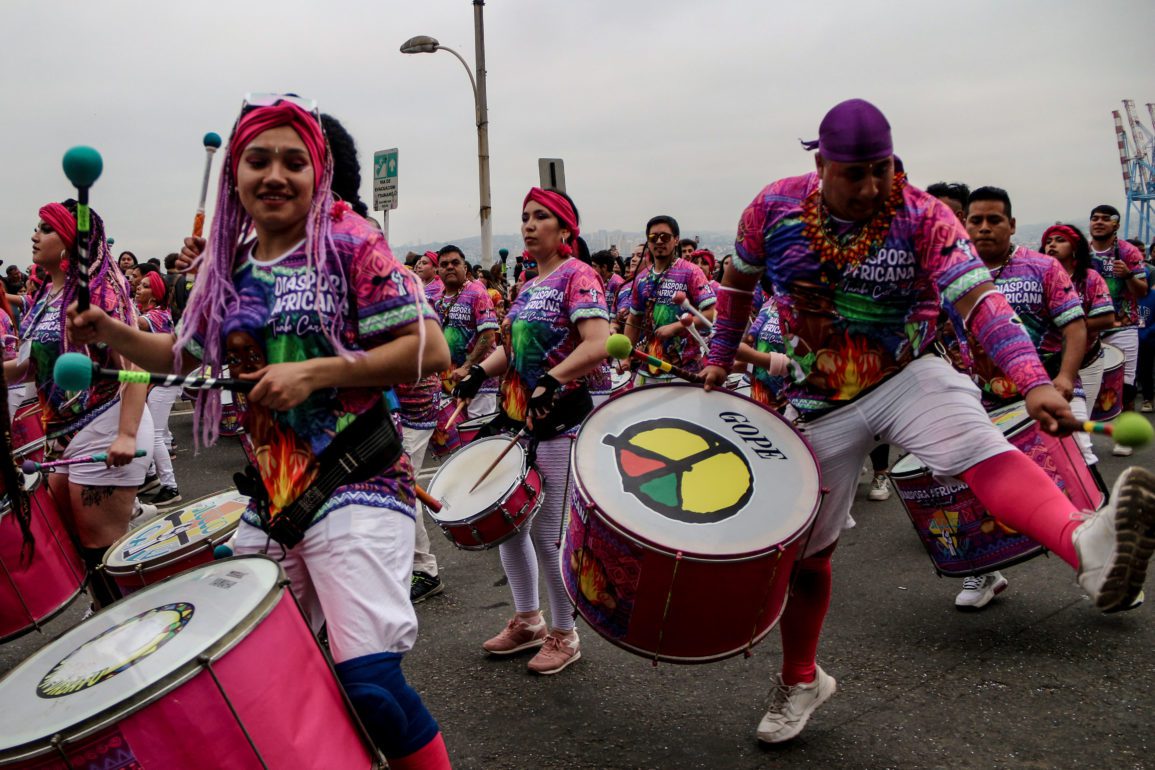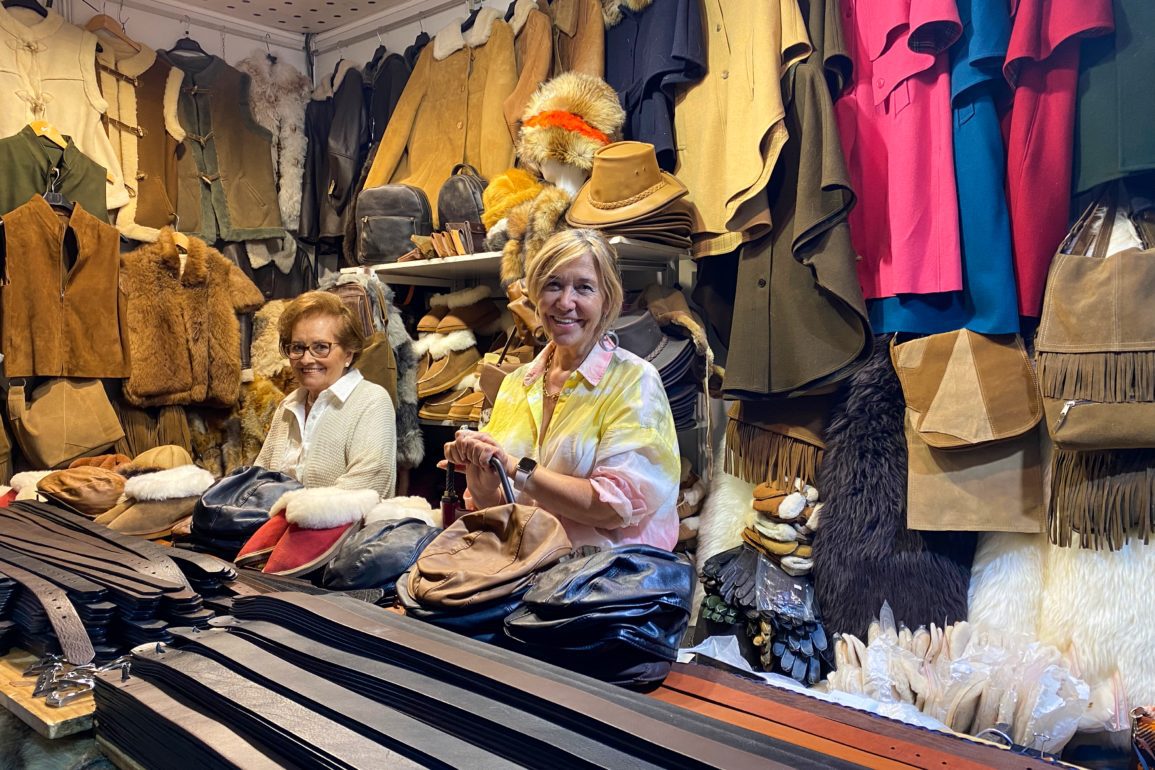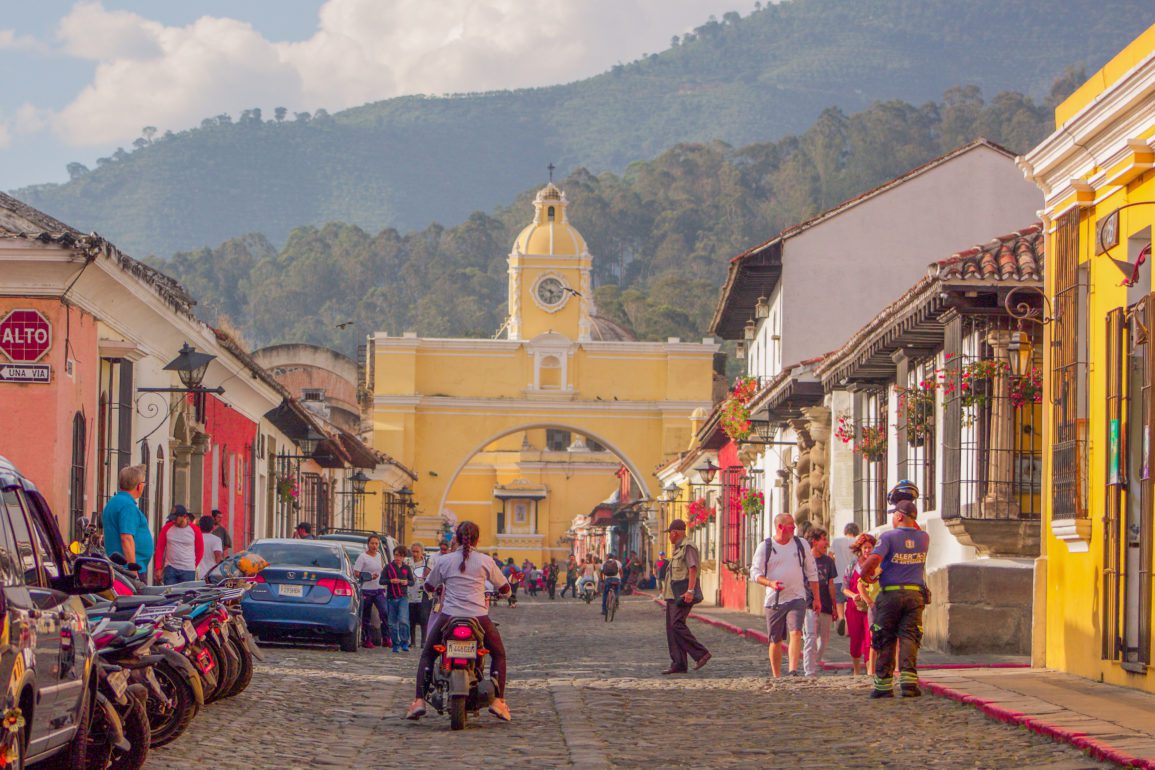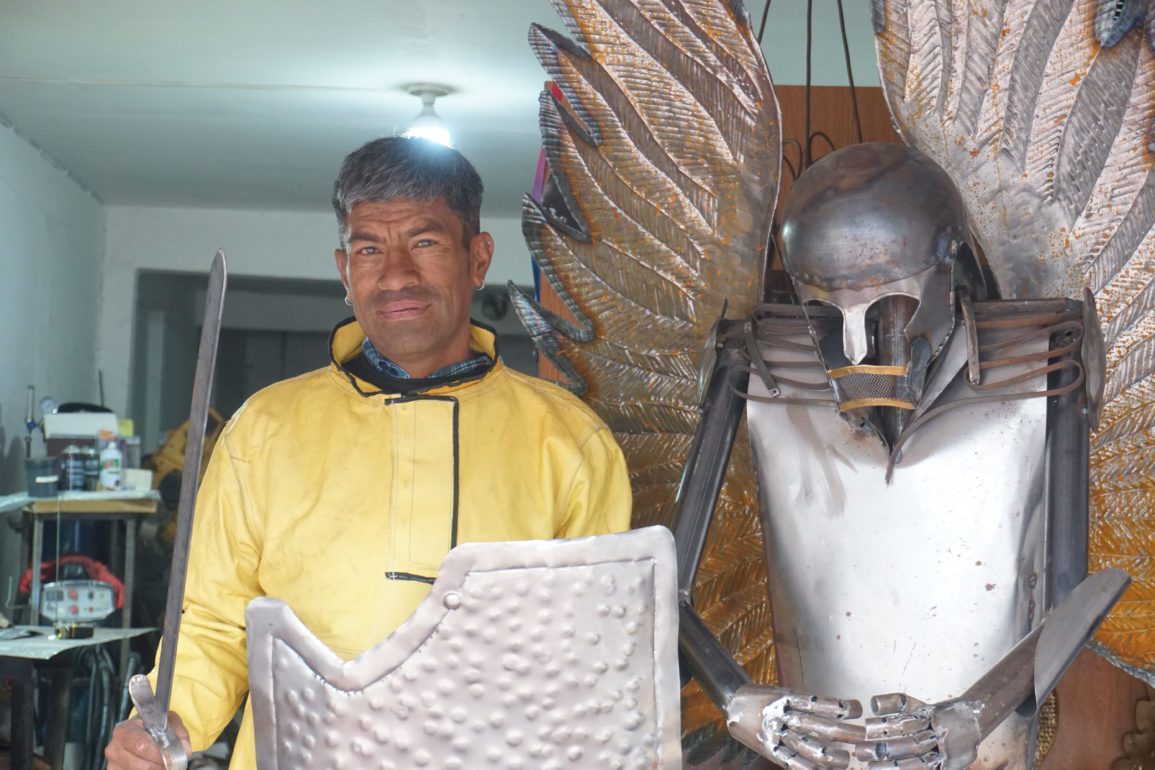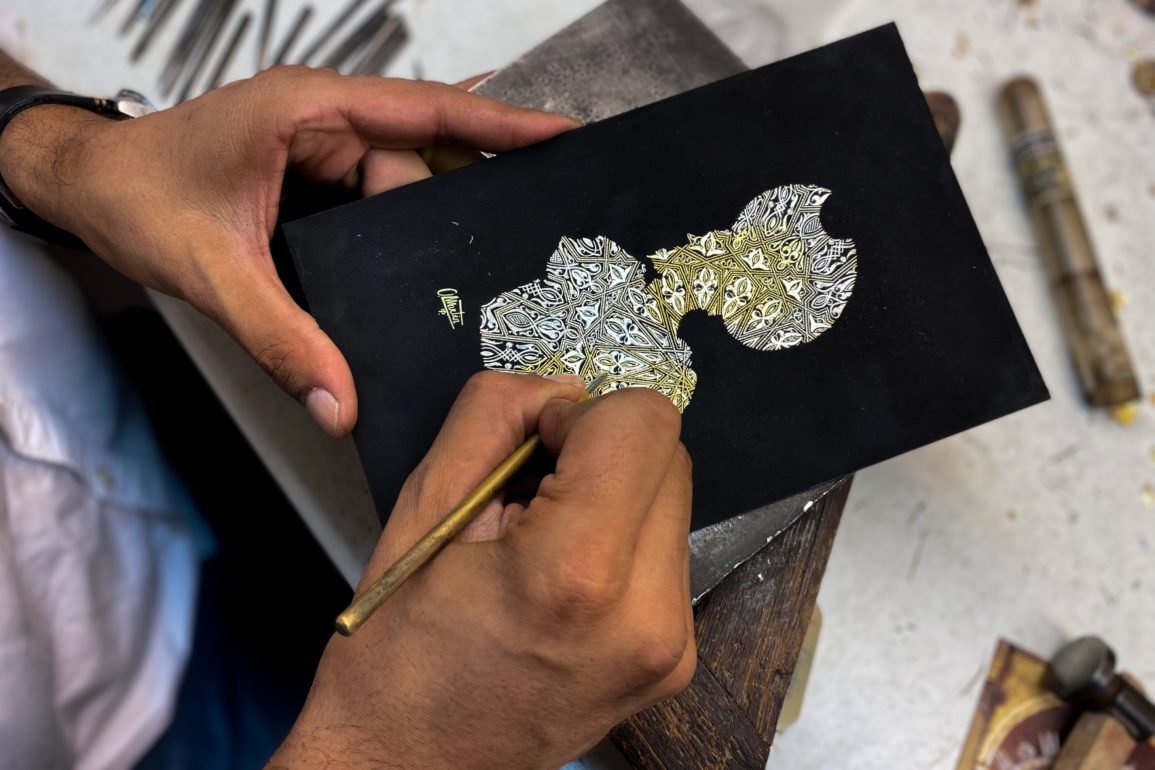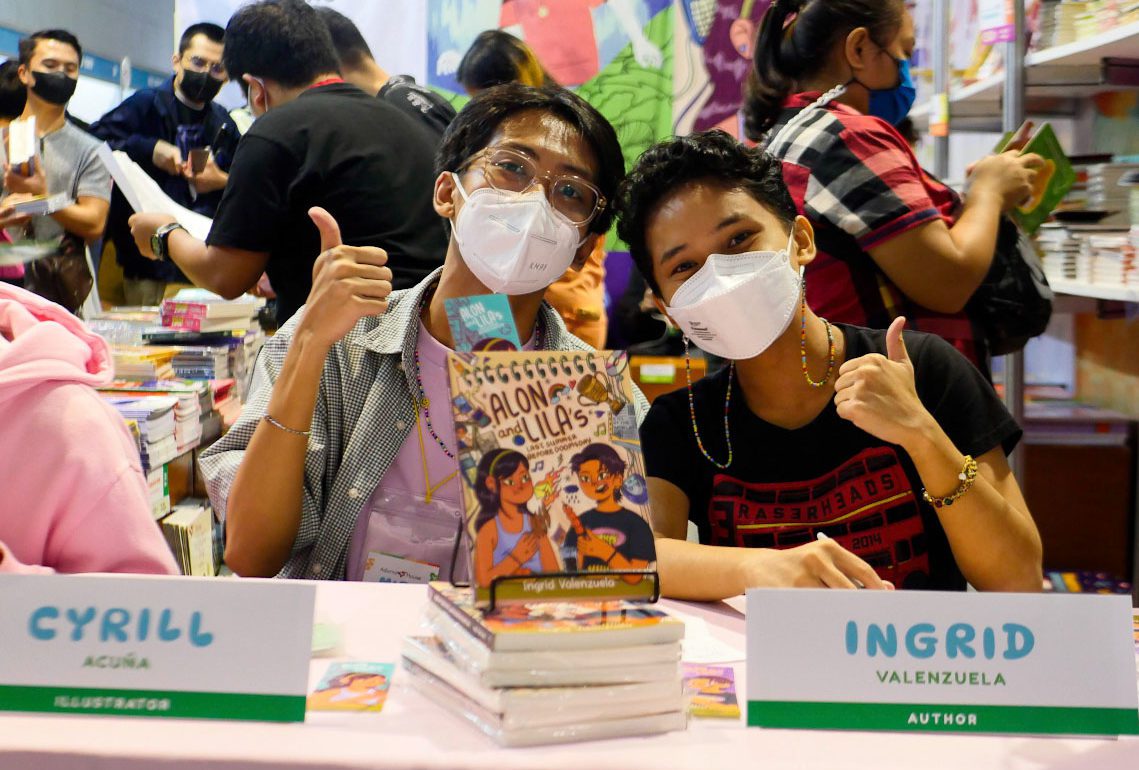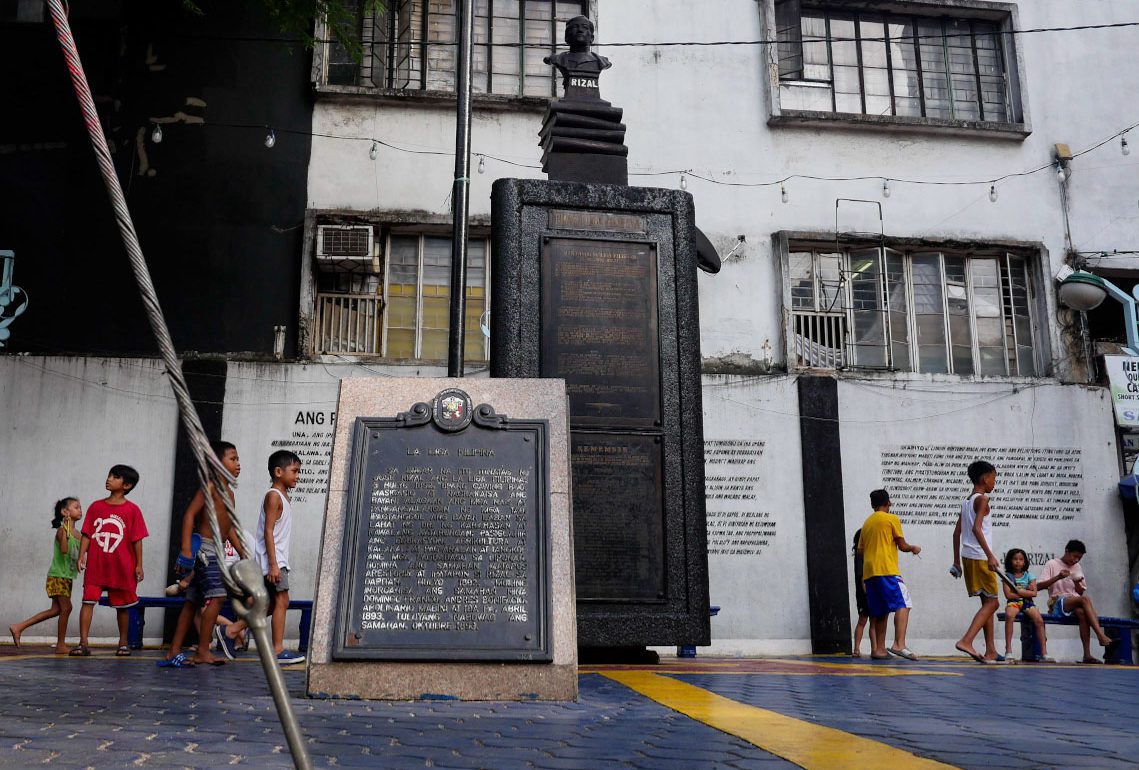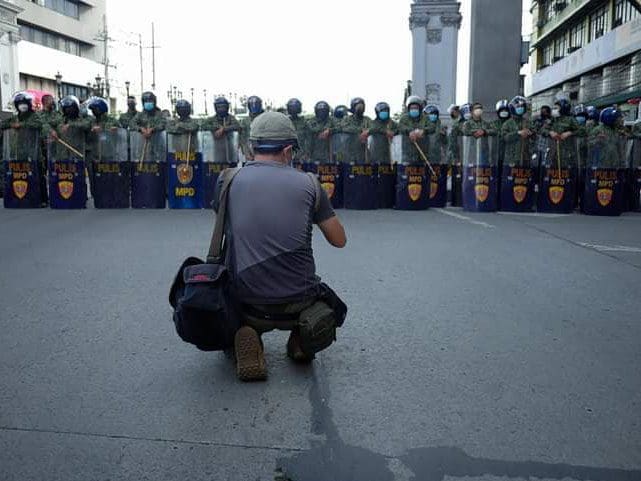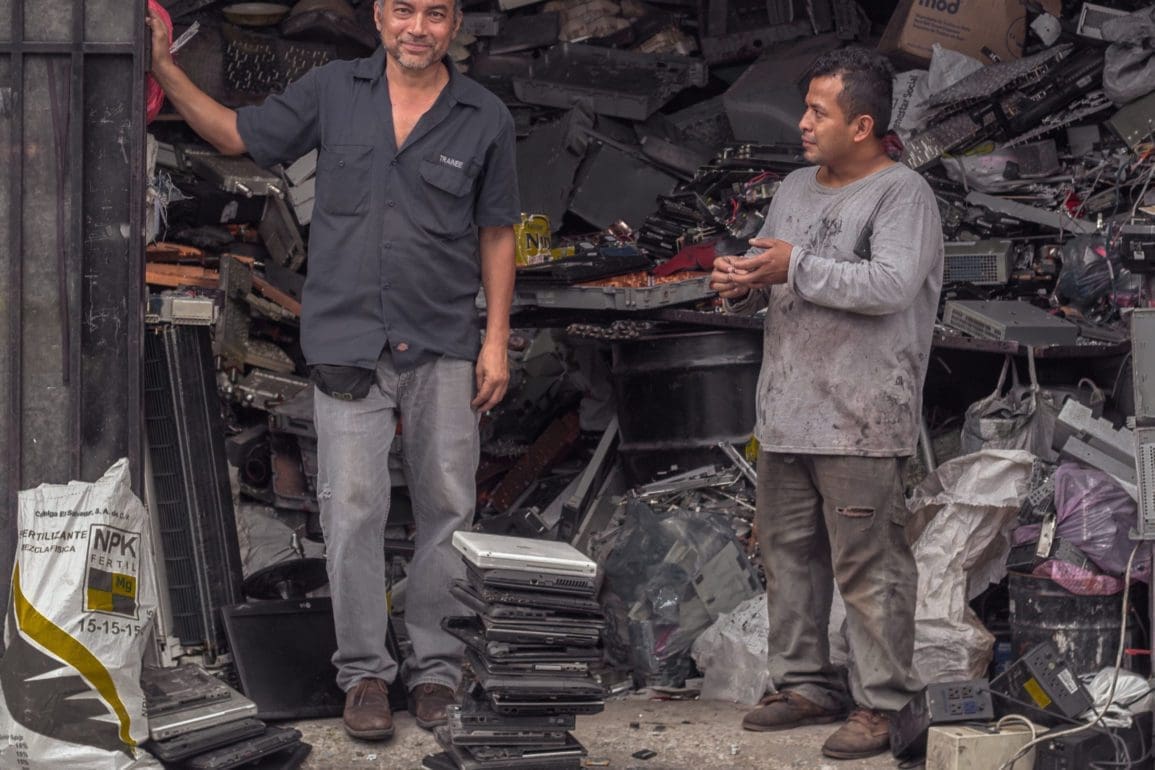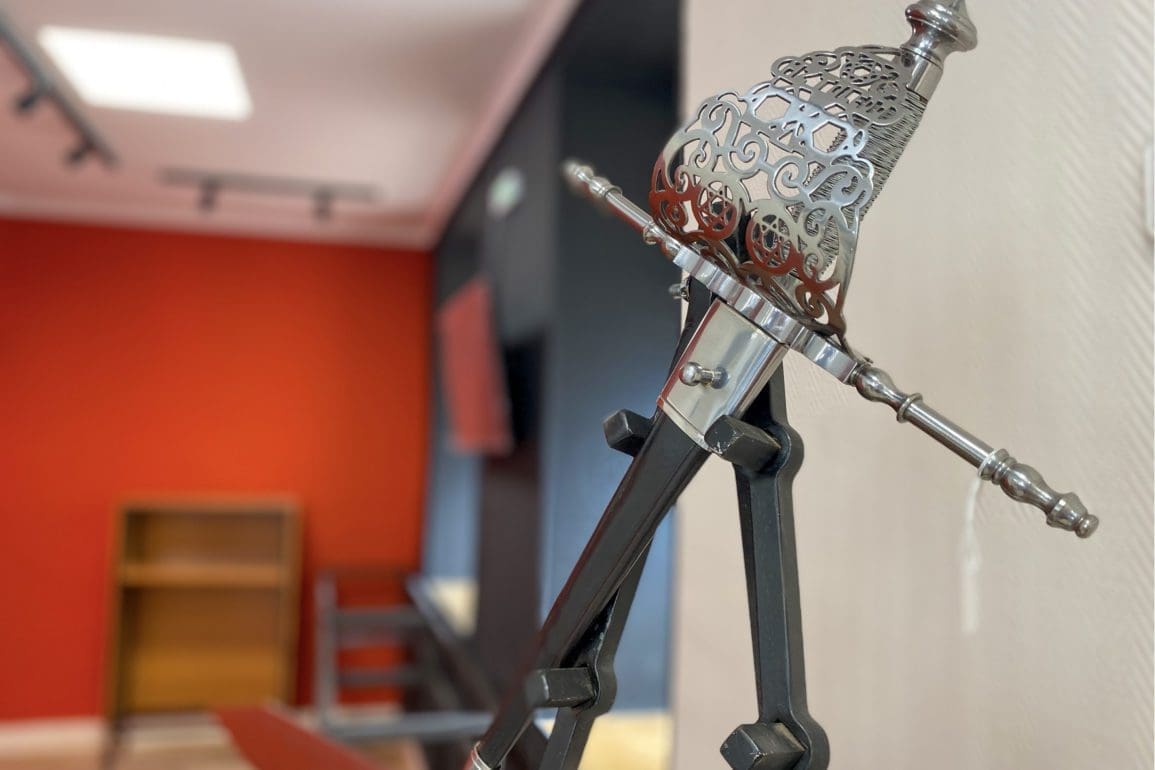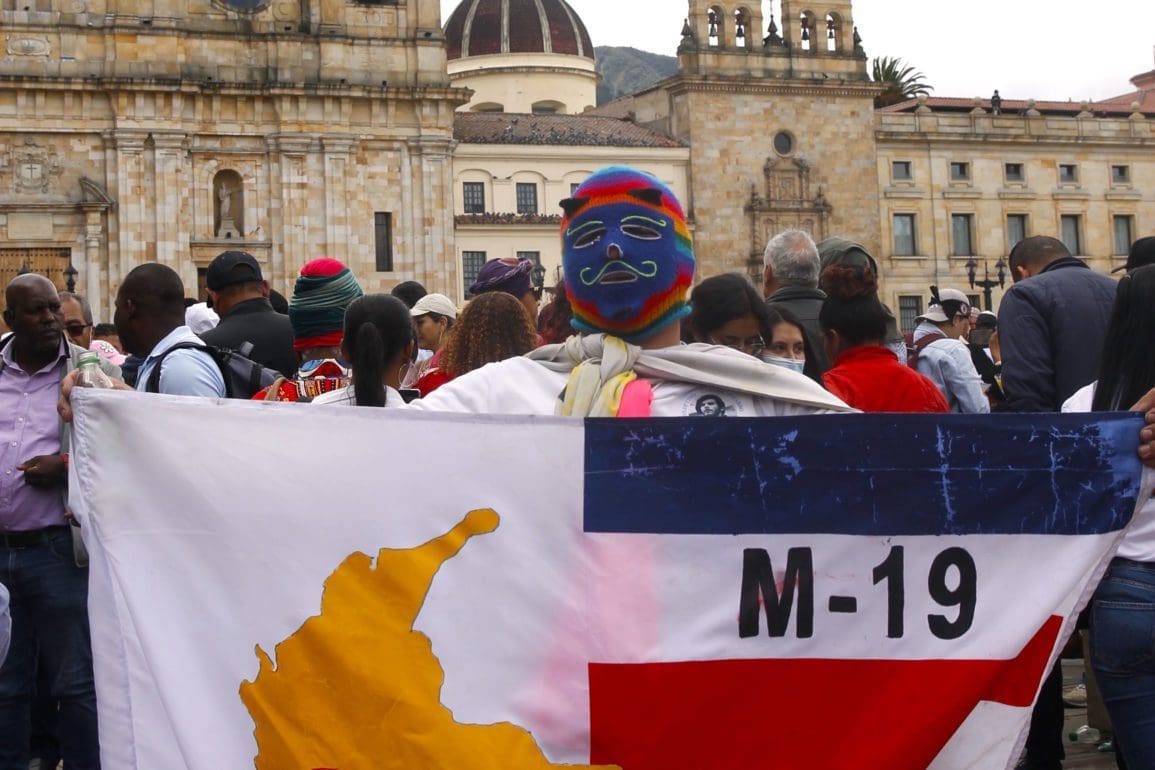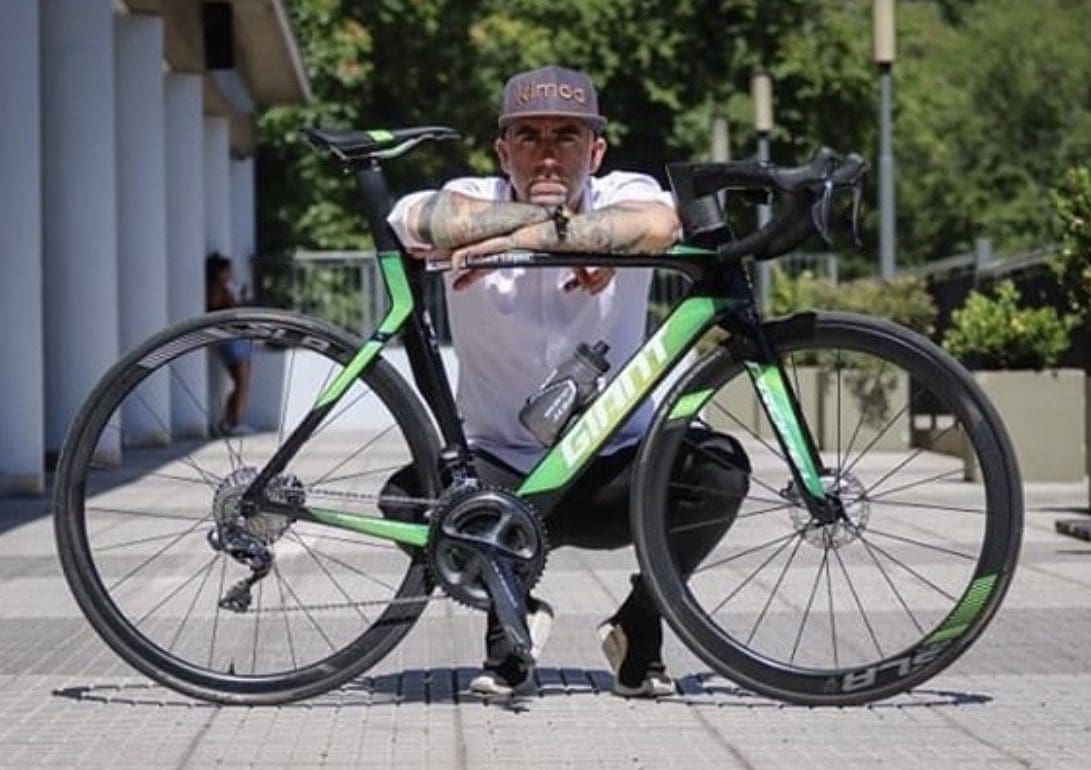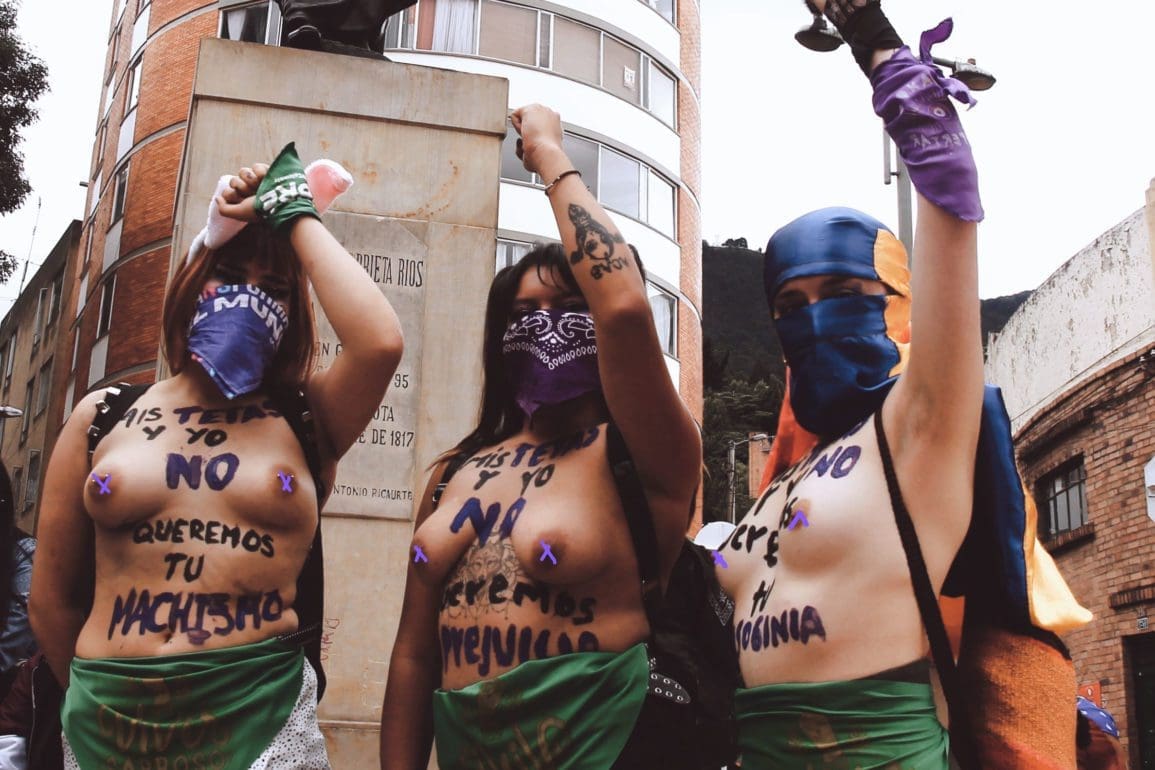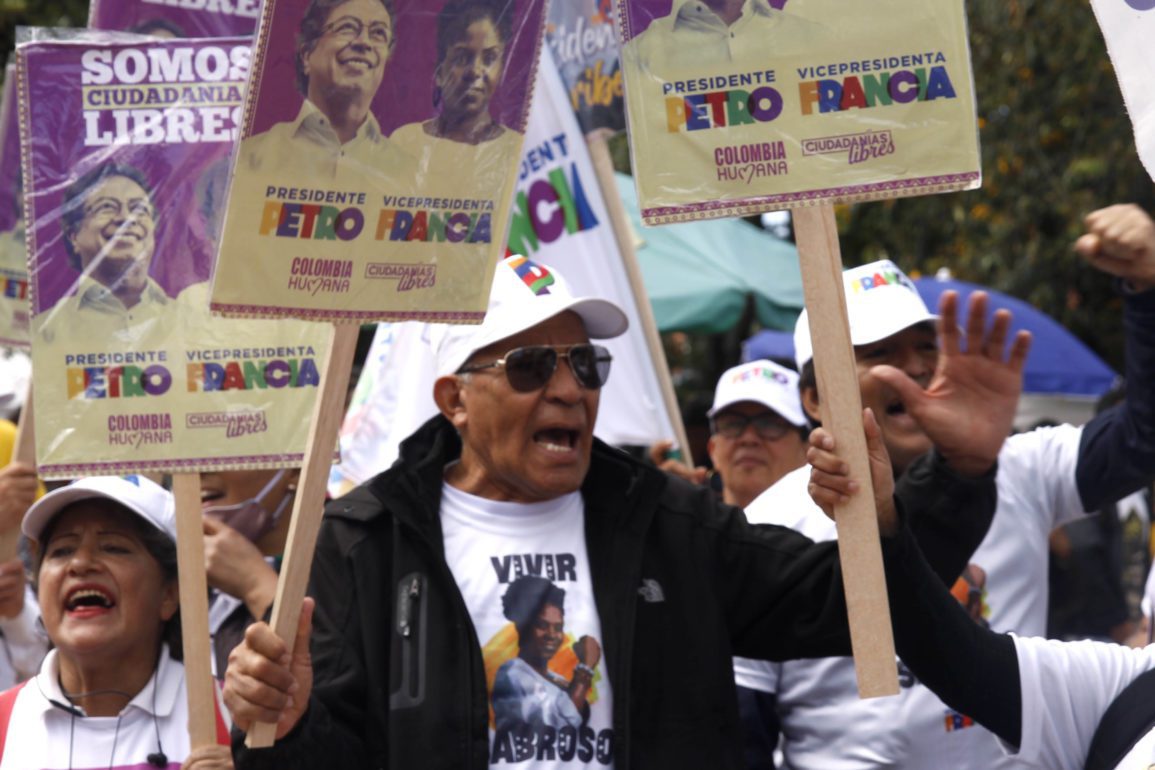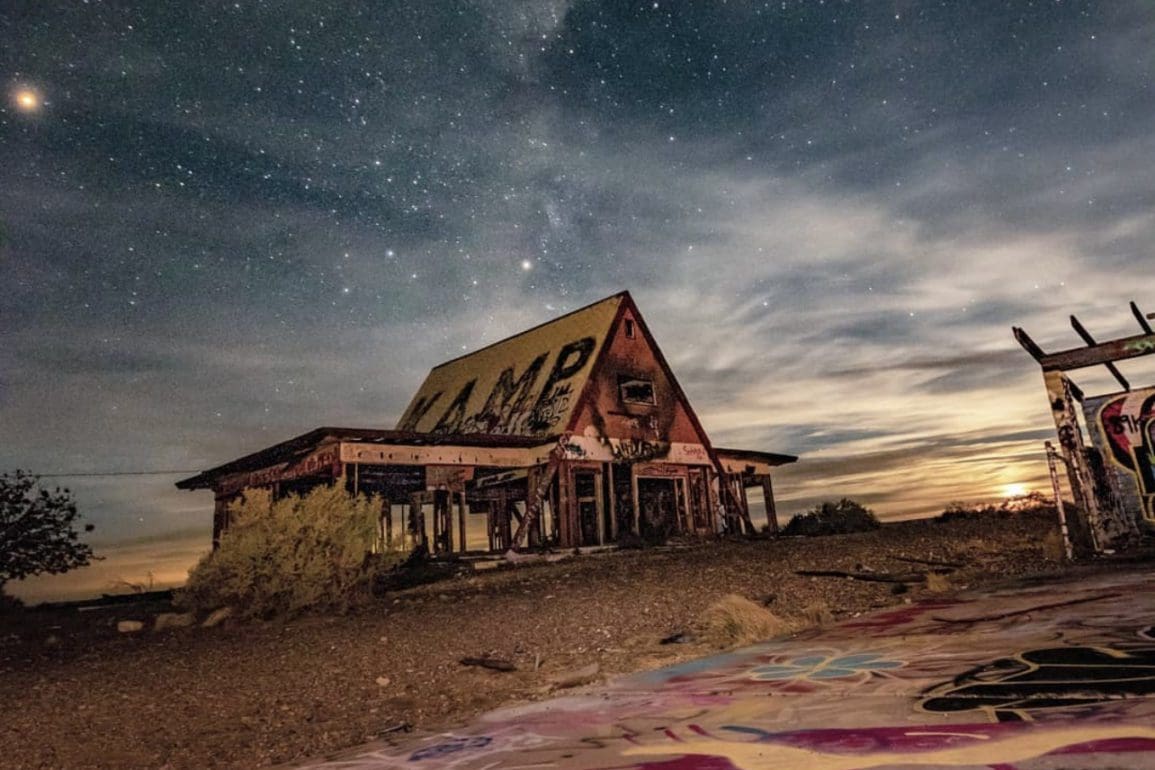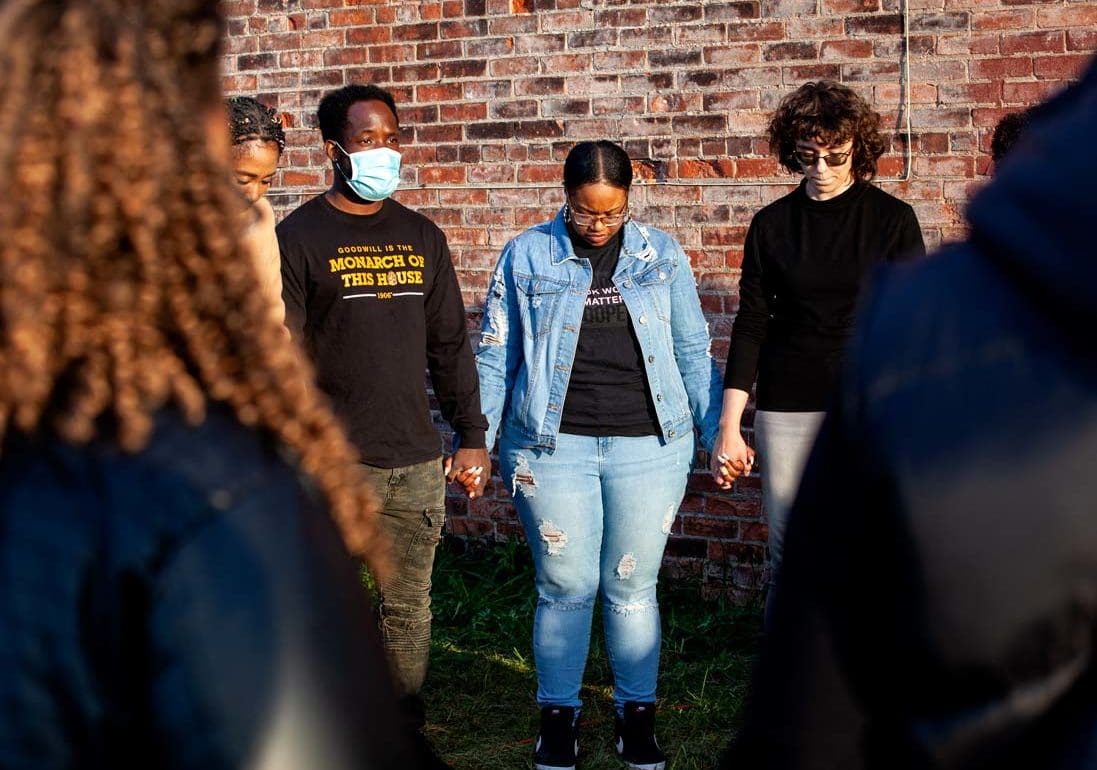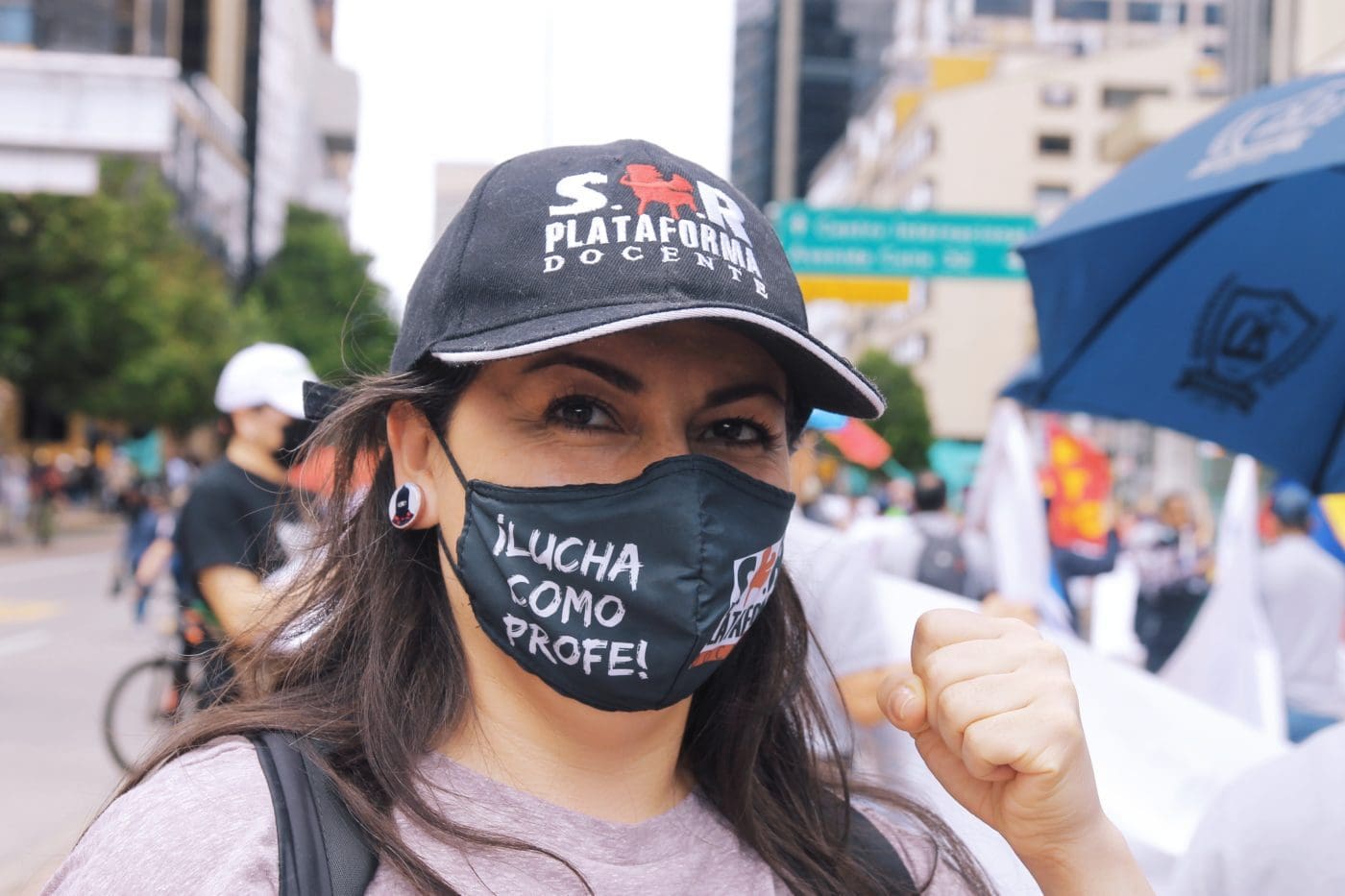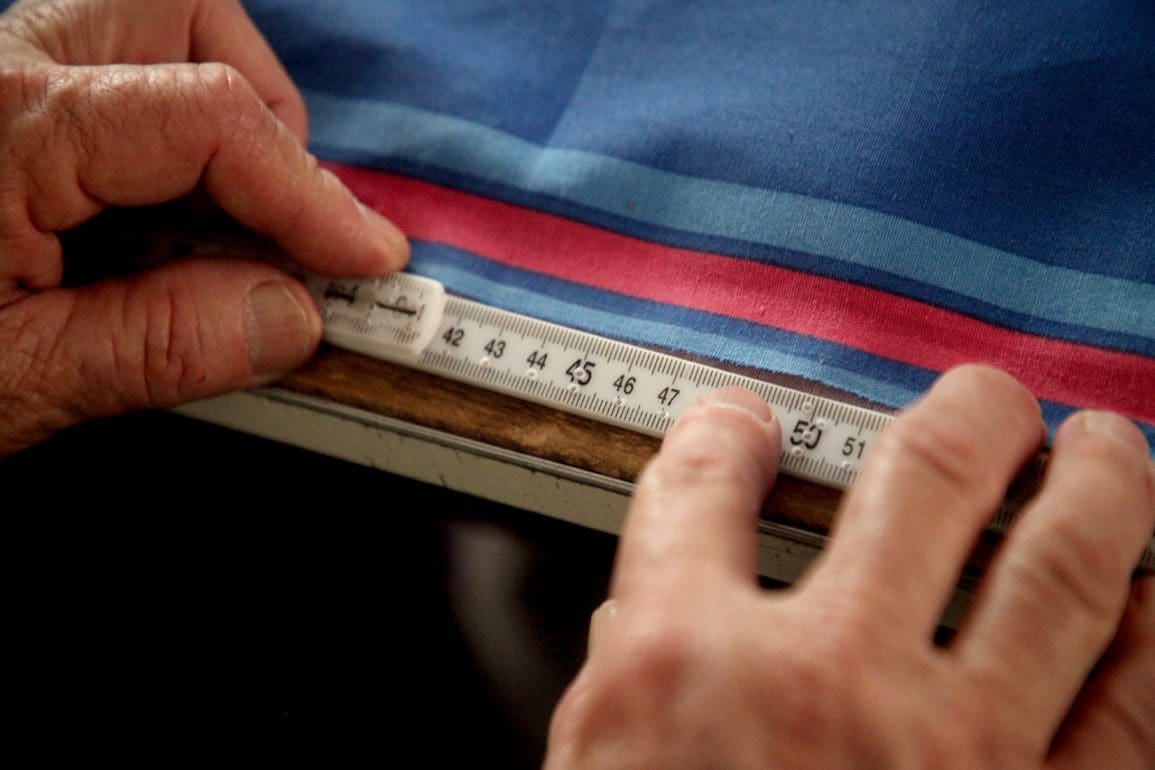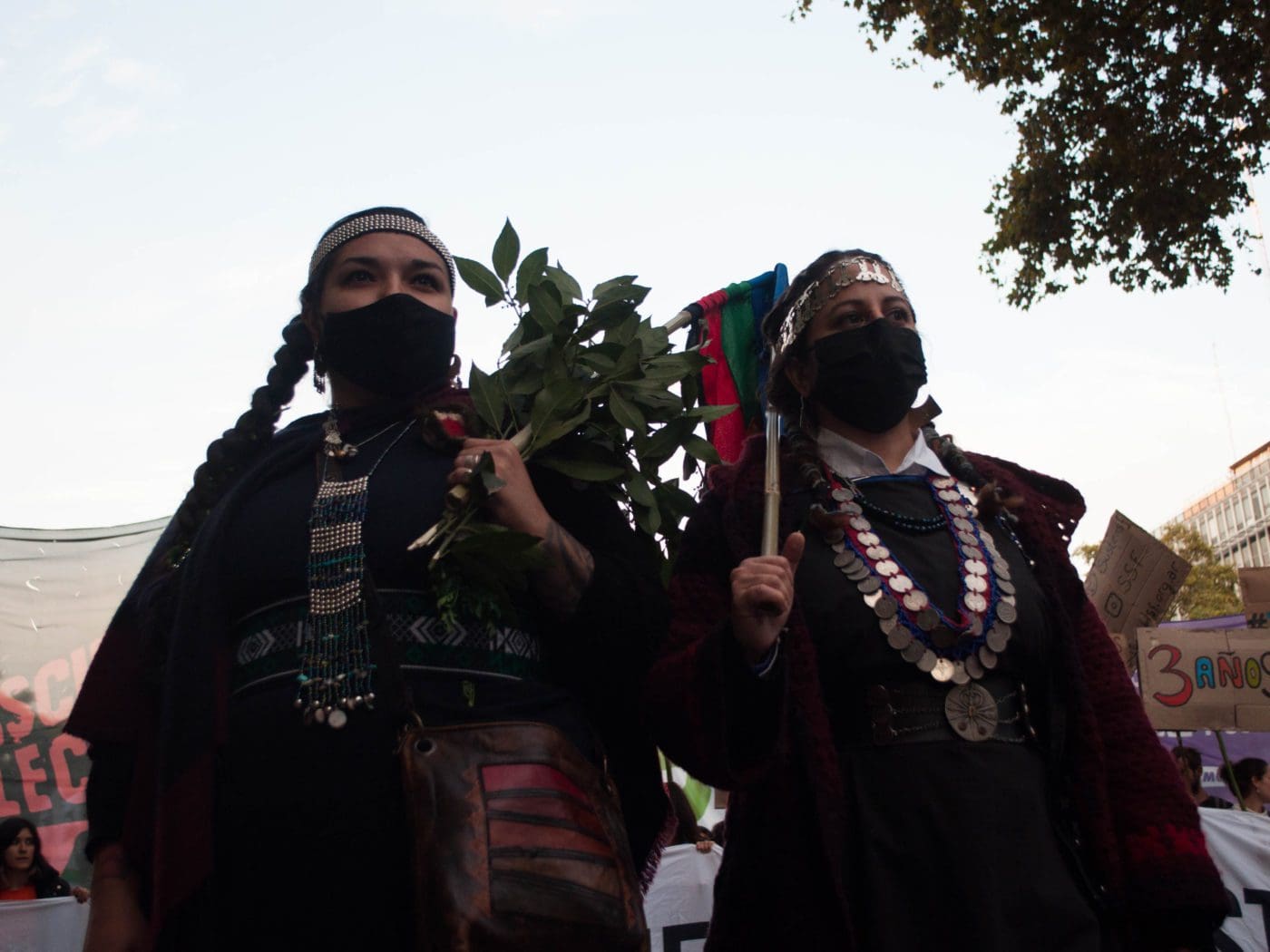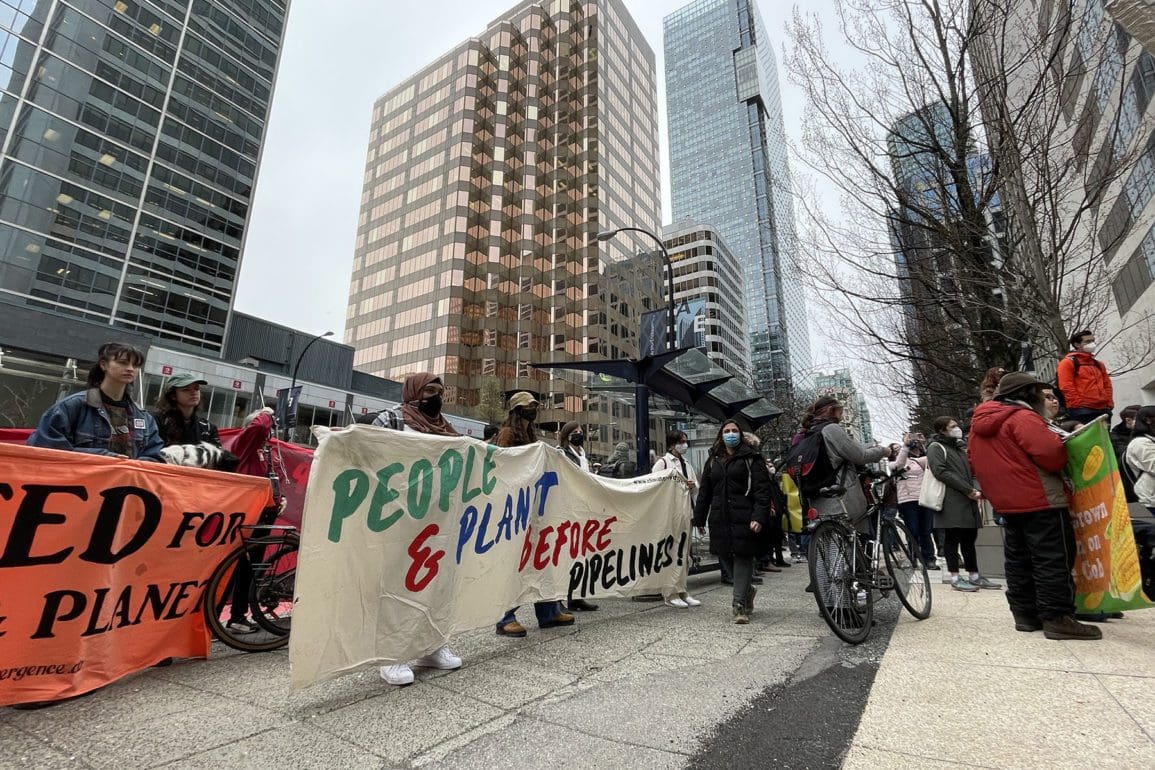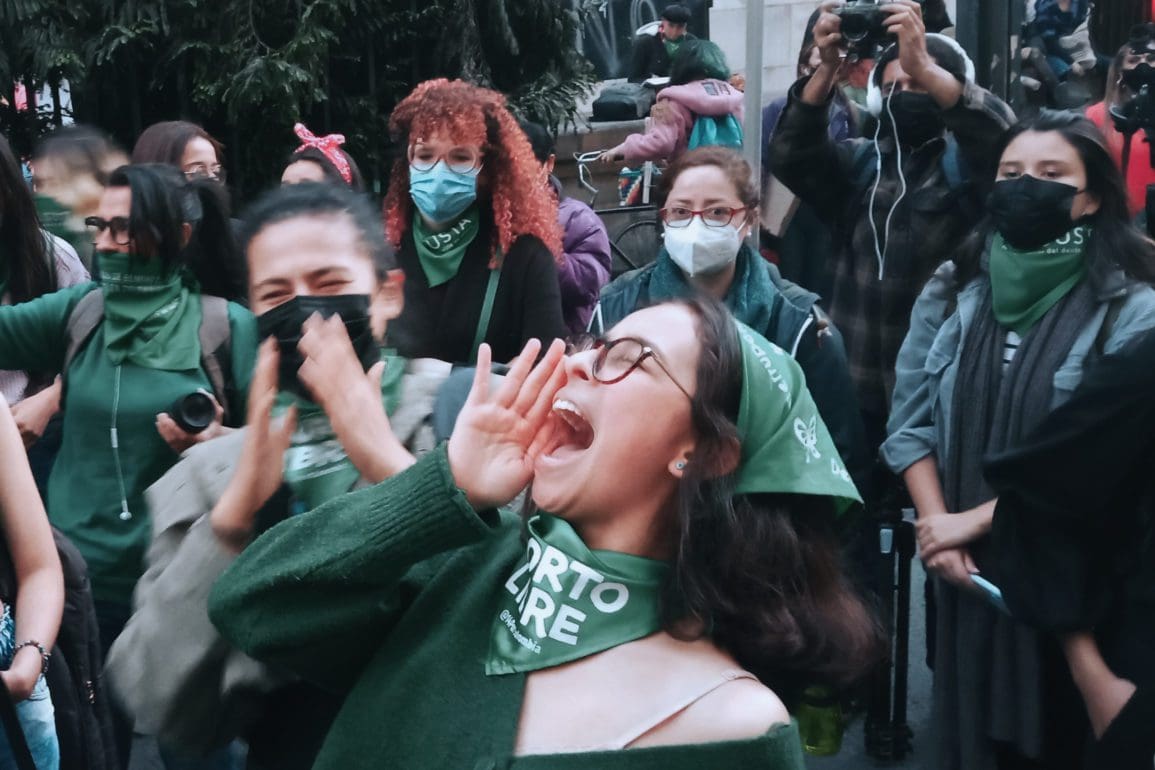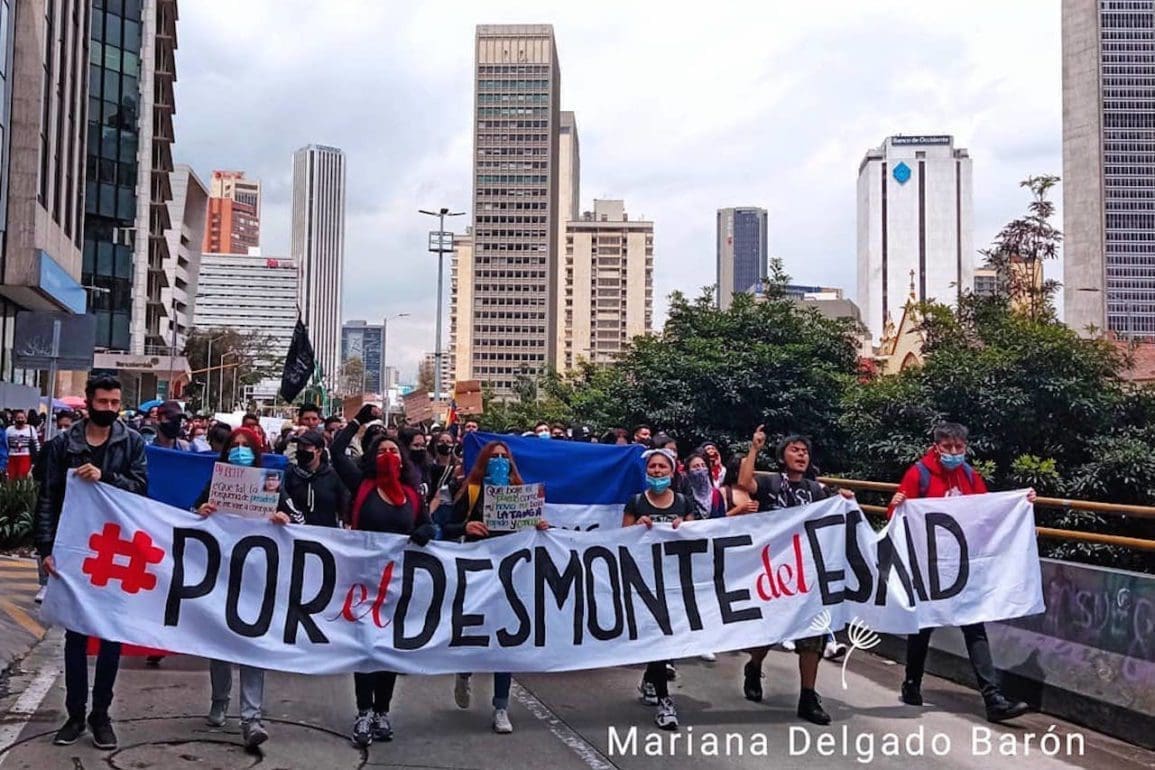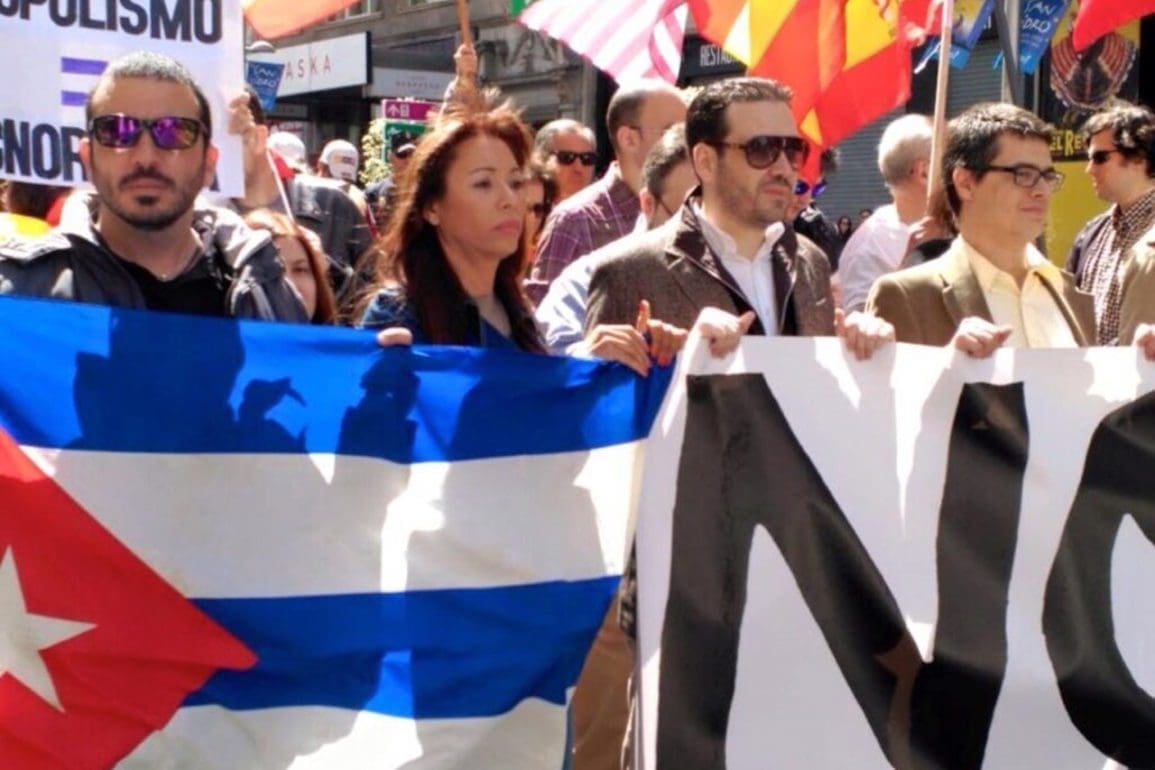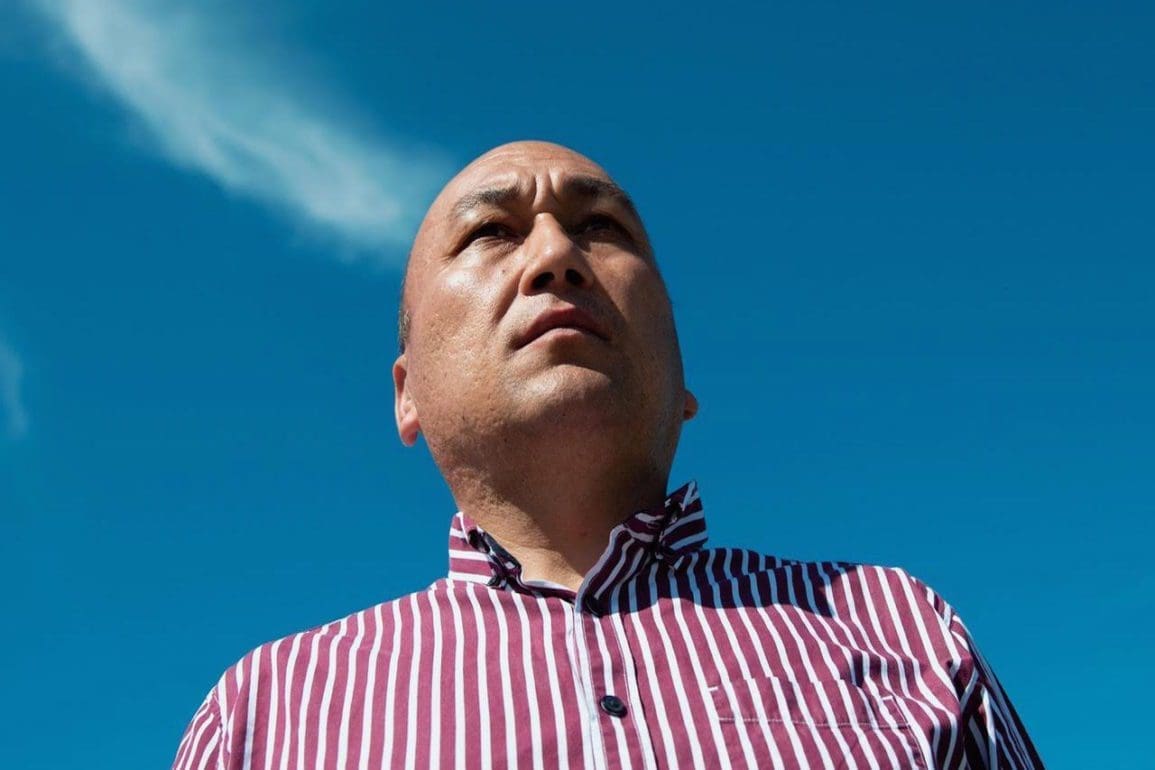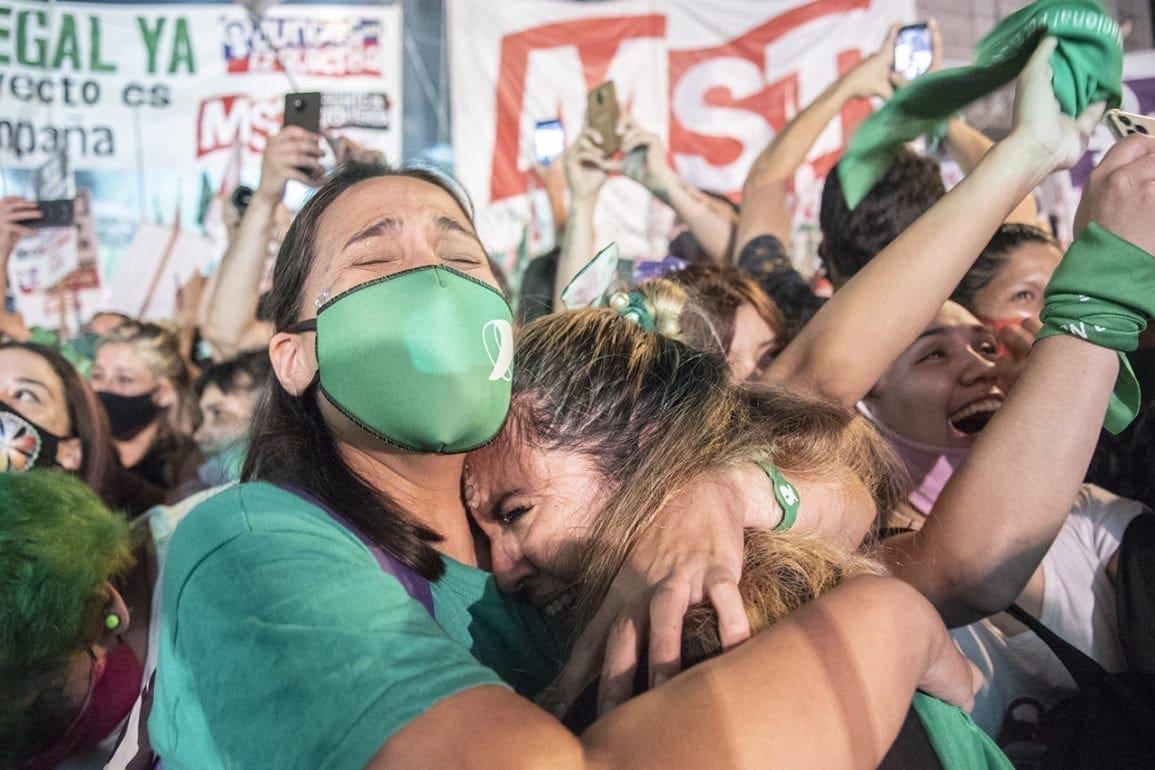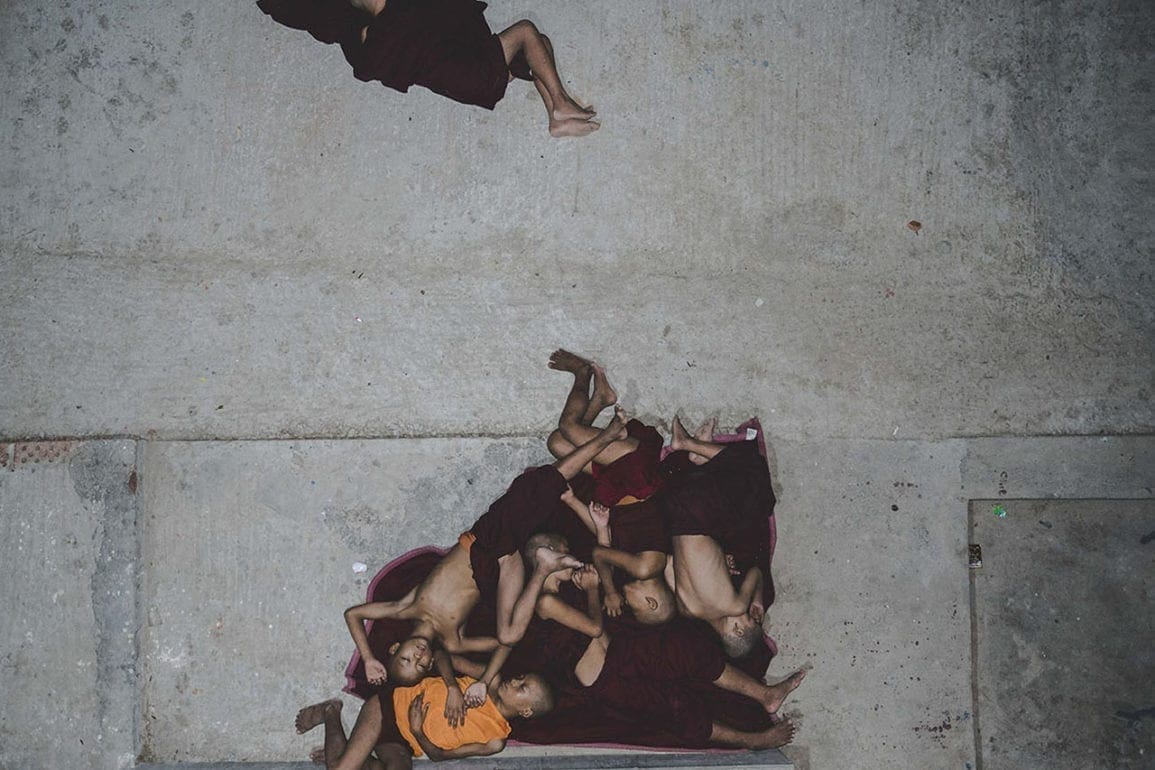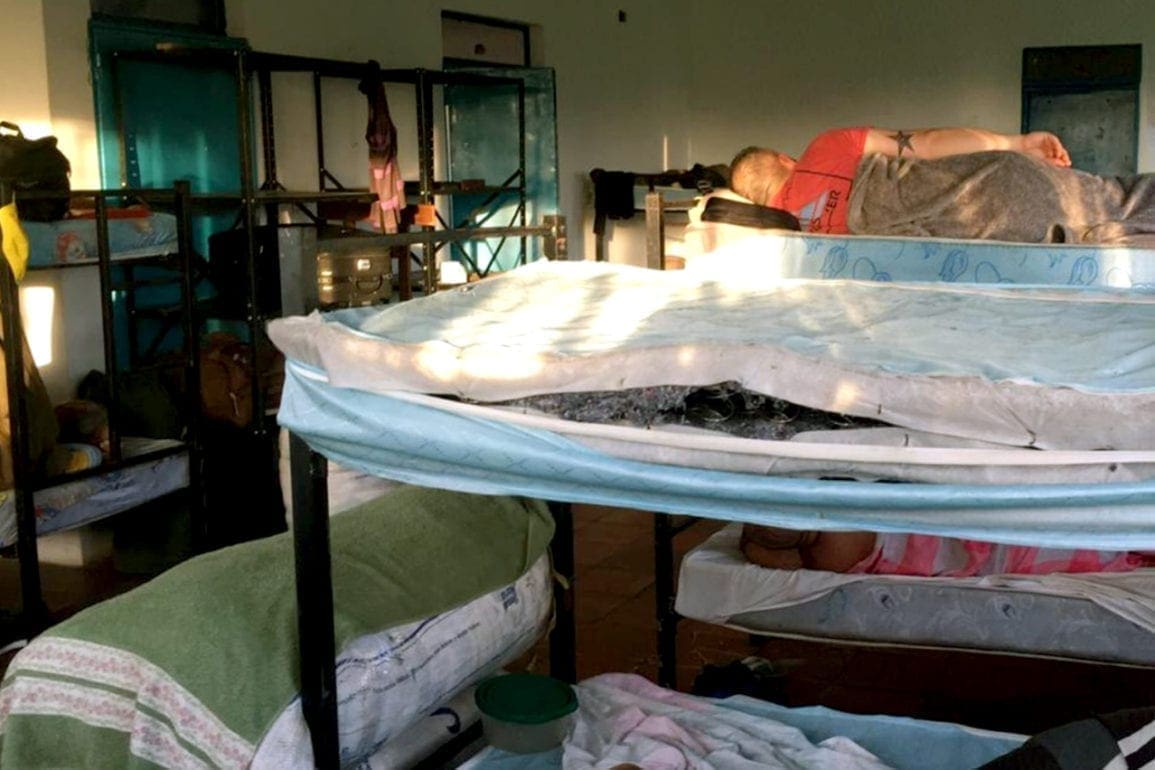Millions protest in France against pension reform, strikes continue
They marched from early in the morning until late at night, sometimes going until 3:00 a.m.. On Thursday, March 23, 2023, over 800,000 marchers participated in the protest against President Macron’s pension reform, the highest count since January.
- 1 year ago
March 28, 2023
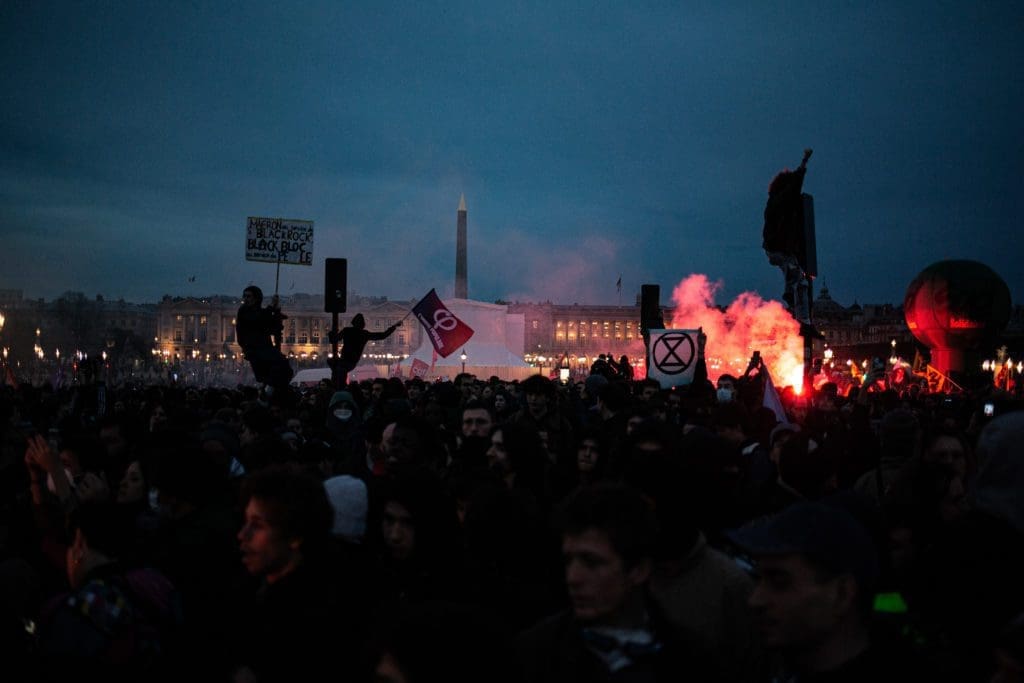
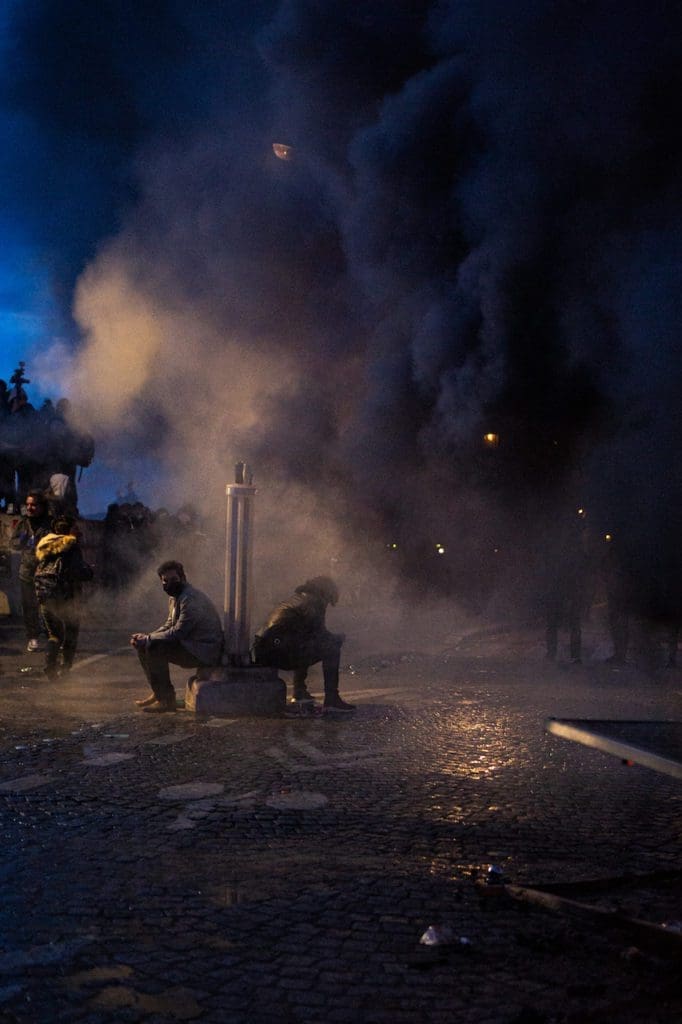
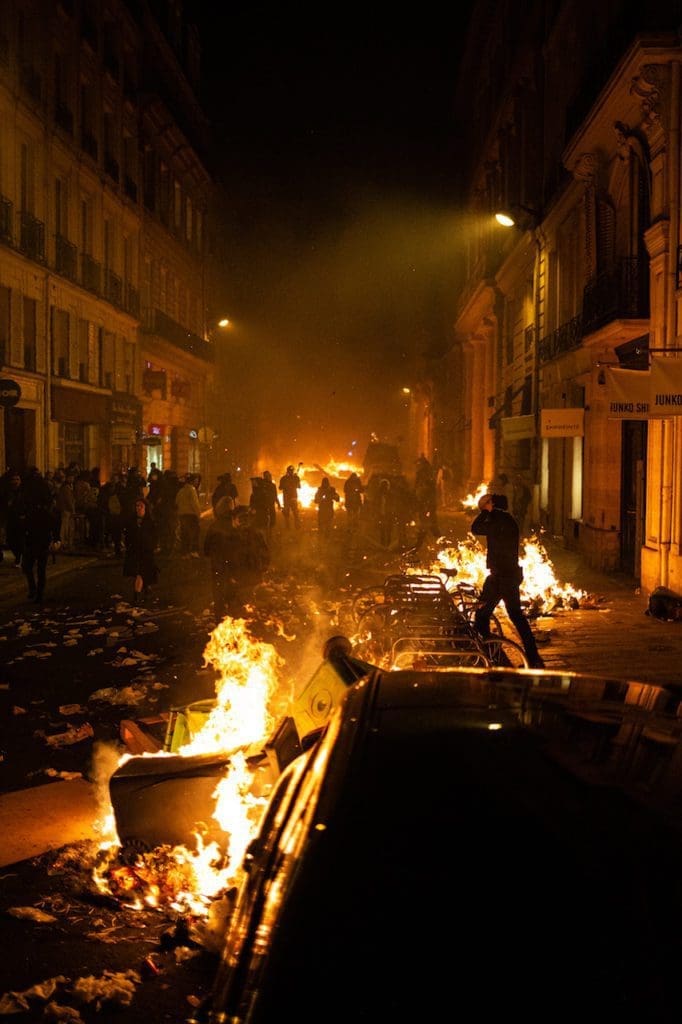
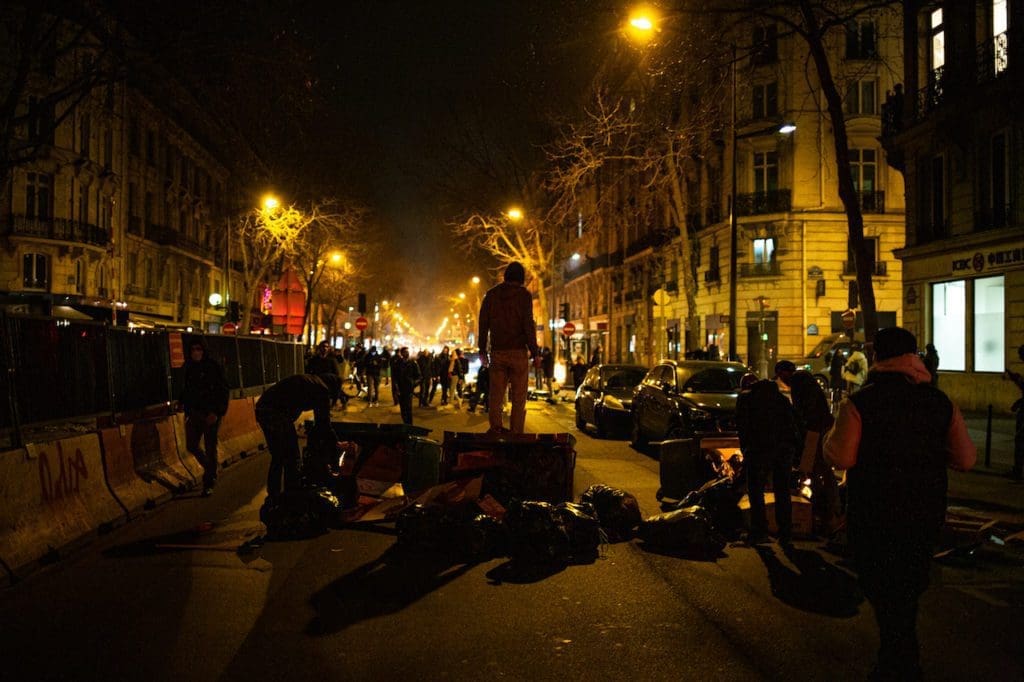
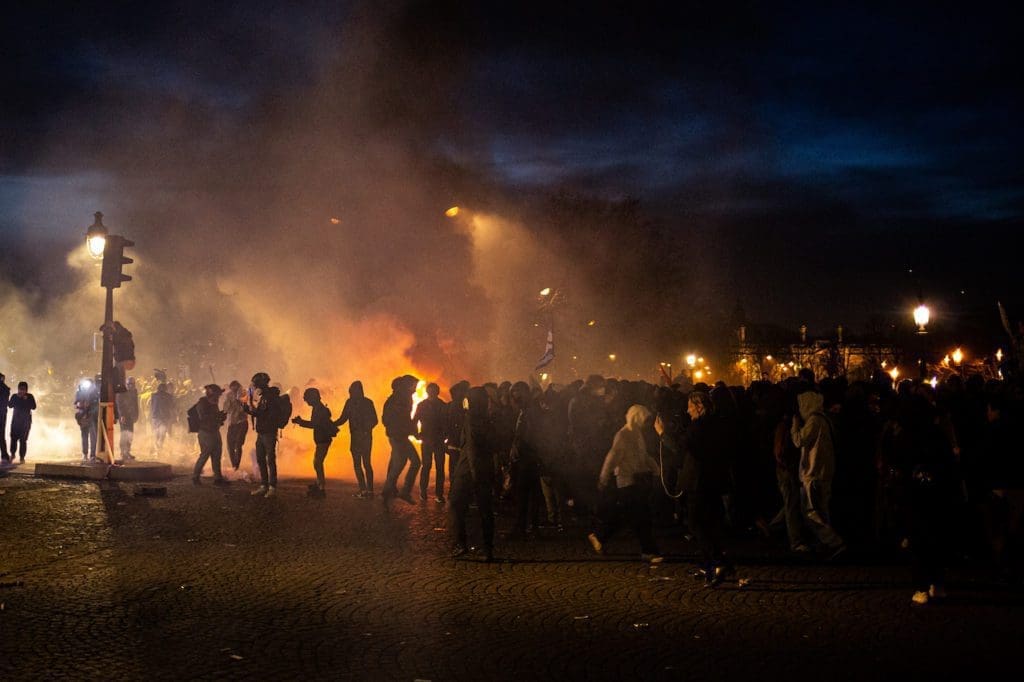


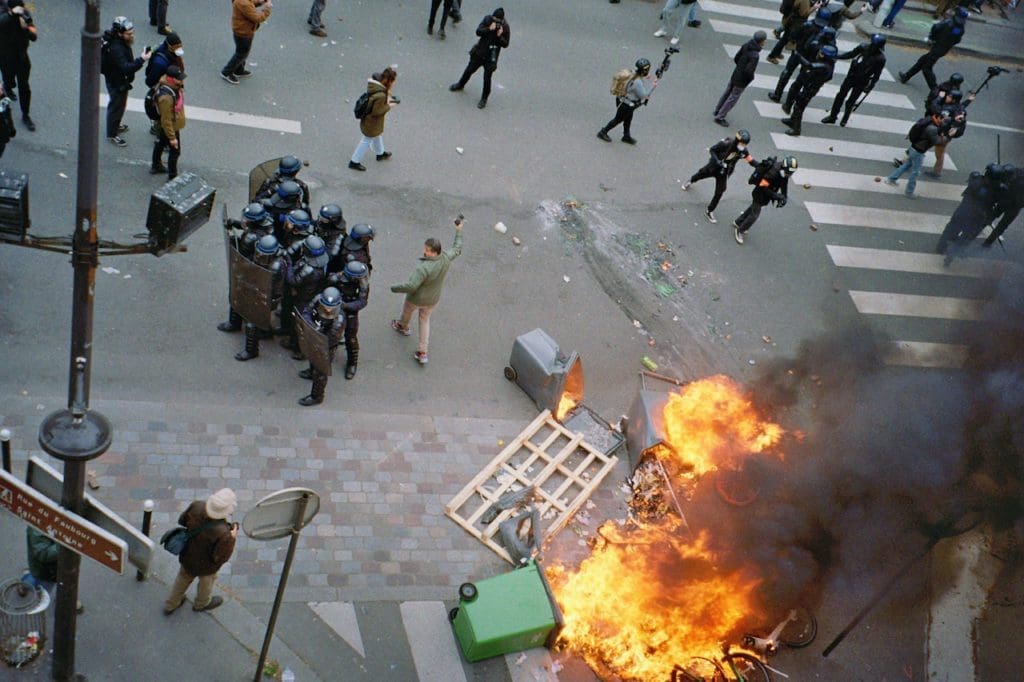

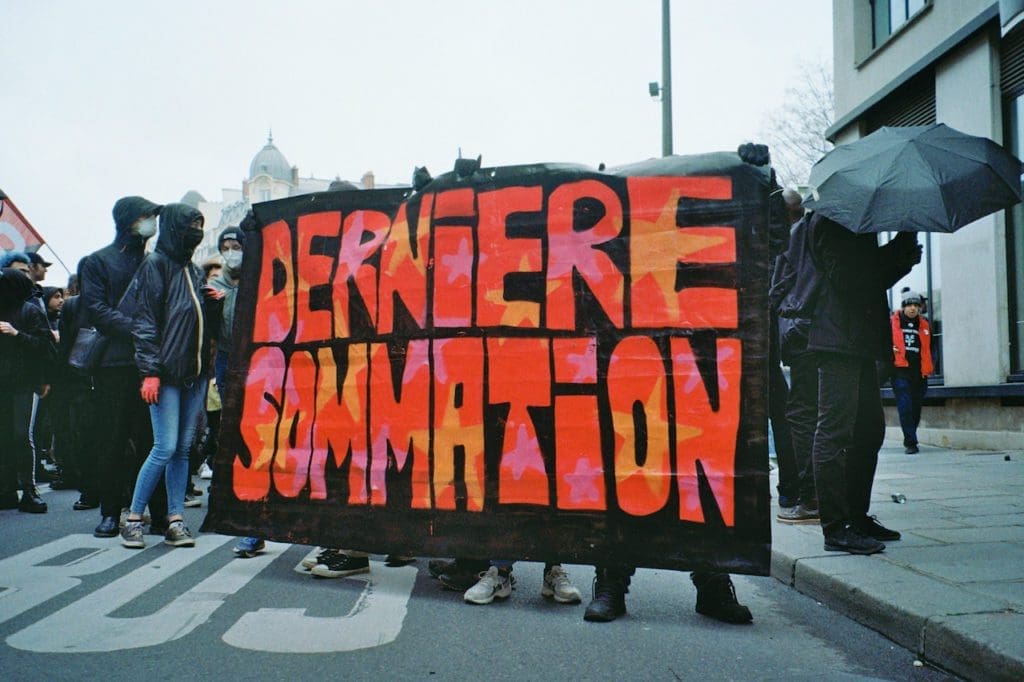
All photos courtesy of Tulyppe.
PARIS, France — On Thursday, March 16, 2023, French President Emmanuel Macron ignored the legislature and used a unique constitutional authority to force through a contentious pension reform that will raise the retirement age from 62 to 64. This action triggered protests in front of the National Assembly that soon broke out all over France.
Read more stories covering protests all over the world at Orato World Media
Fighting back for workers’ rights
Three and a half million people took to the streets to protest against the newly established law. The additional two years of work sparked outrage. However, citizens also protest the process. Macron forced the law to pass despite more than half the country opposing it. People feel it illustrates a complete lack of care for those who work strenuous labor jobs. The marches started as a solidarity movement for garbage collectors who face constant health risks on the job and felt neglected by those in charge. Many feel the government views human lives as currency, prioritizing work over workers.
During the marches, protesters chanted anti-police and anti-fascist slogans. They marched from early in the morning until late at night, sometimes going until 3:00 a.m. On Thursday, March 23, 2023, over 800,000 marchers participated in the protest against President Macron’s pension reform in Paris alone. This number marks the highest count since January. Other countries, inspired by the marches, joined the fight. It is not the first time that demonstrations in Paris made their way across the globe.
Many in France feel these protests were a long time coming. Since Macron’s presidency, many believe workers’ rights have been undermined more than ever. Macron ran a pro-business initiative since coming into office in 2017. He relaxed the rules for firing employees and capped compensations for illegal layoffs. His actions weakened workers’ ability to negotiate by undermining their syndicates and unions.
On top of it all, Macron’s promise to increase the budget by 15 billion euros to restore the police department sparked further indignation. People find it appalling that in the current economy, when rent, groceries, and the cost of other basic necessities have increased, the country’s main focus should be on increasing citizens’ financial security.
Denouncing the abuse of power within a broken system
The protests also serve to denounce police brutality and the abuse of power and racism that have plagued France for decades. Most recently, many witnessed the violent retaliation by police to the Yellow Vests protesters. The Yellow Vests represents a movement that started on November 17, 2018 to call for economic justice. Authorities used rubber bullets, grenades, and tear gas to disperse crowds while they beat the ones on the front lines. A large number of people lost an eye or a hand. No accountability was ever taken, while victims (many of whom were young students) remain traumatized.
Police brutality always existed in France, and people fear their increase in benefits will only worsen their abuse of power. Since the protests started all over France, many protesters suffered injuries and unjust arrests at the hands of police officers. On top of the beatings, officers deployed tear gas and water cannons to eject demonstrators.
They detained over 217 people purely on suspicion. Some demonstrators set fires and damaged storefronts in the streets during the march in an effort to fight back against authority. Police blocked roads, leaving hundreds at a time unable to leave. This act, called “nasse” (or kettling), where authorities prevent people from leaving the area, remains an illegal practice. They also arrested and detained many passers-by, not even involved in the protests, and kept them under questioning for over 48 hours.
Regardless of the authorities’ efforts to neutralize and discourage marchers, protests still take place every week, along with strikes from labor workers. Students all over the nation showed their support by blocking the entrance to their schools and holding up signs. While the President hopes for the events to die down eventually, the people of France remain motivated to fight for a better future and to be heard.
All photos courtesy of Tulyppe. Tulyppe is a Parisian photojournalist who specializes in the field of social justice. Through his images, he seeks to highlight struggles with little or no media coverage and to give another angle of view by trying to be as close as possible to his subjects. Since the demonstrations of support for Théo, a victim of horrendous police brutality, he has focused on covering similar events, from the Yellow Vests, to student protests. He also covers sporting events occasionally, such as the Paris SG games.



